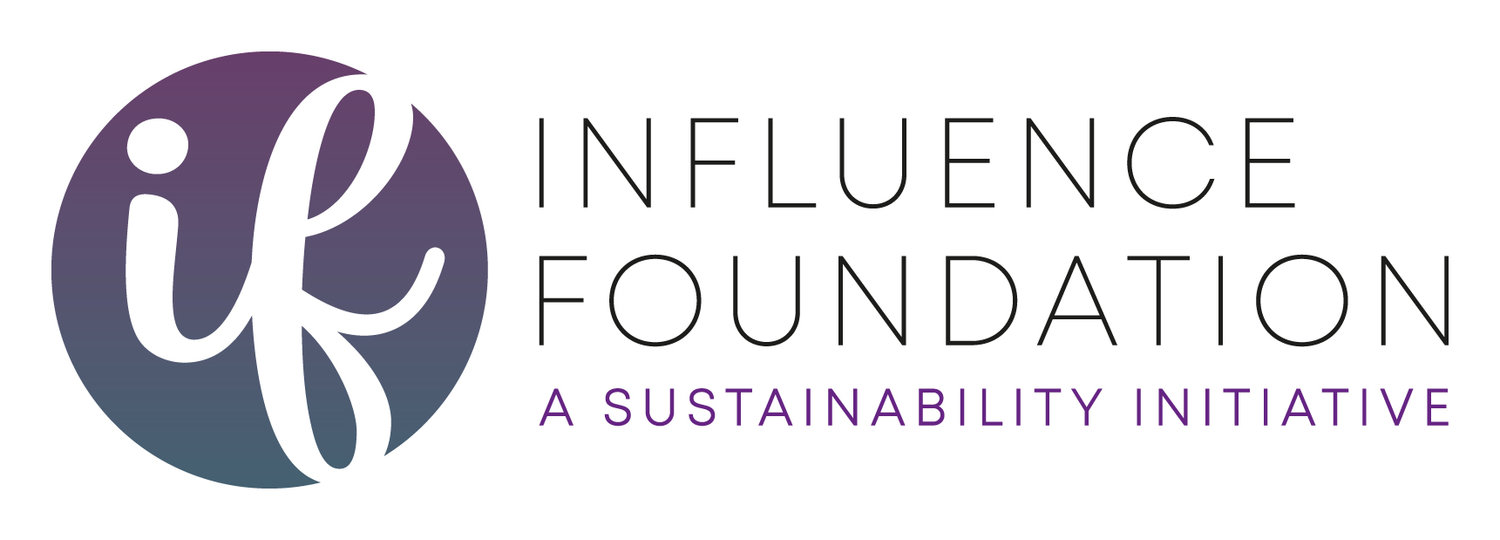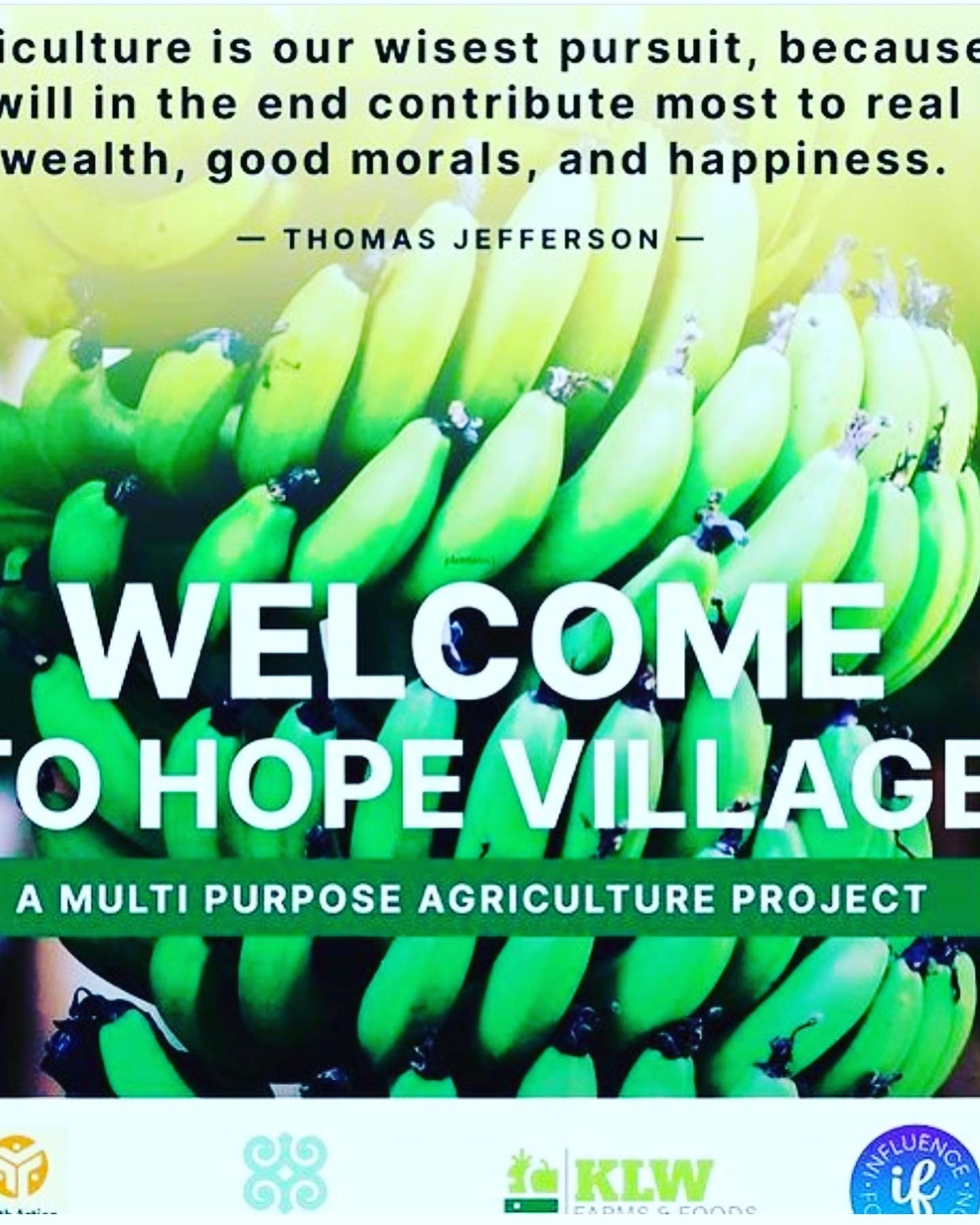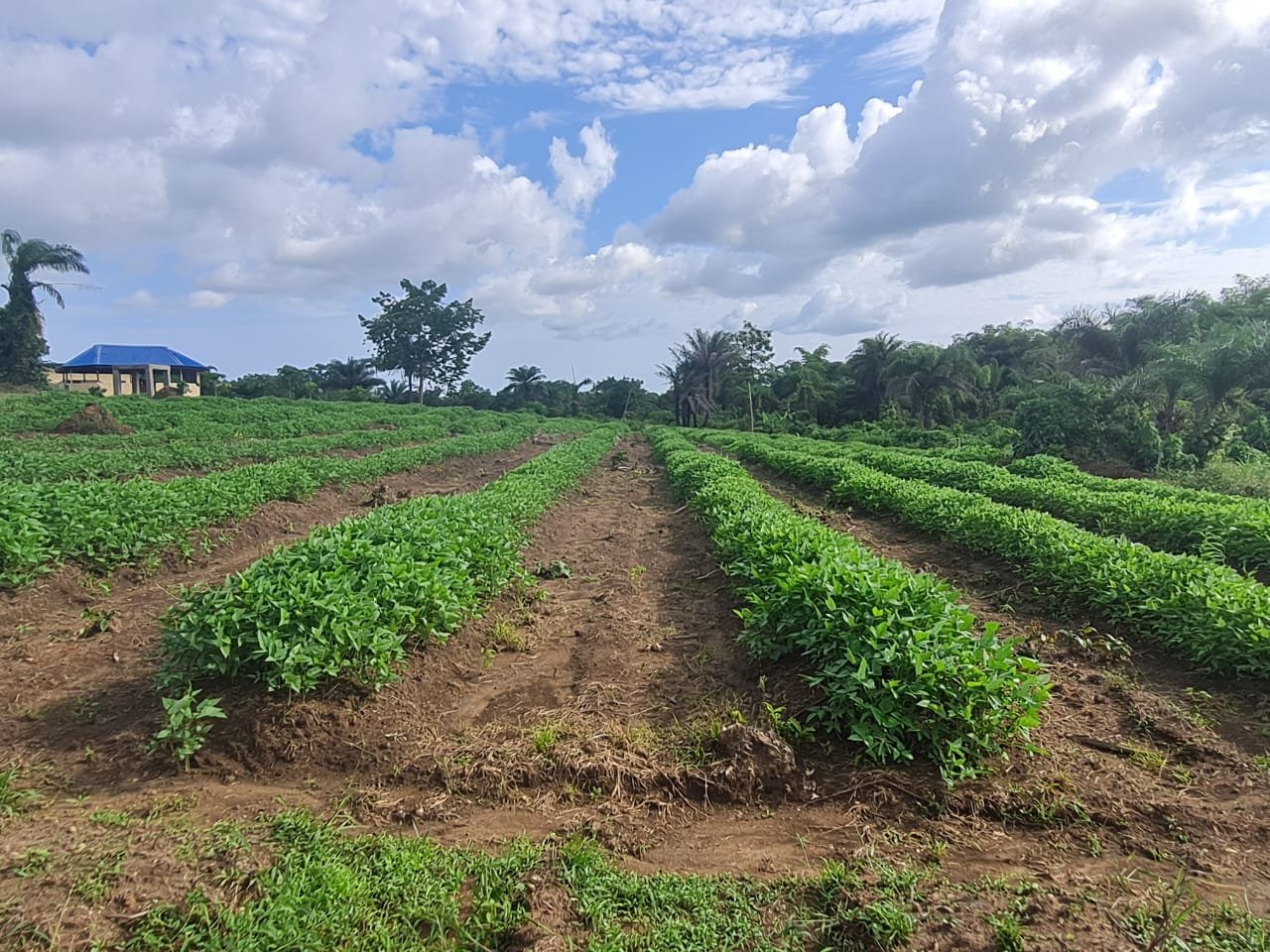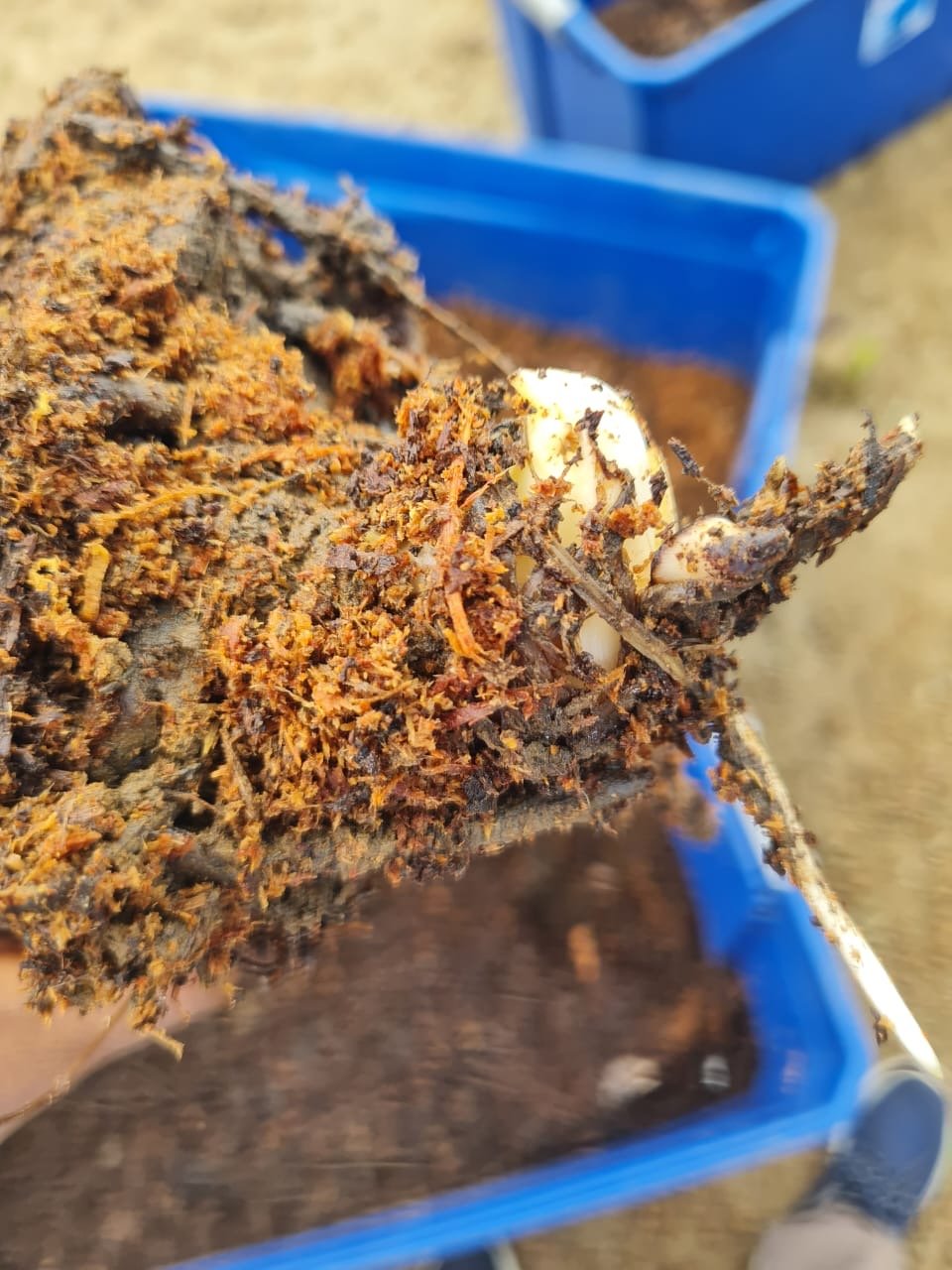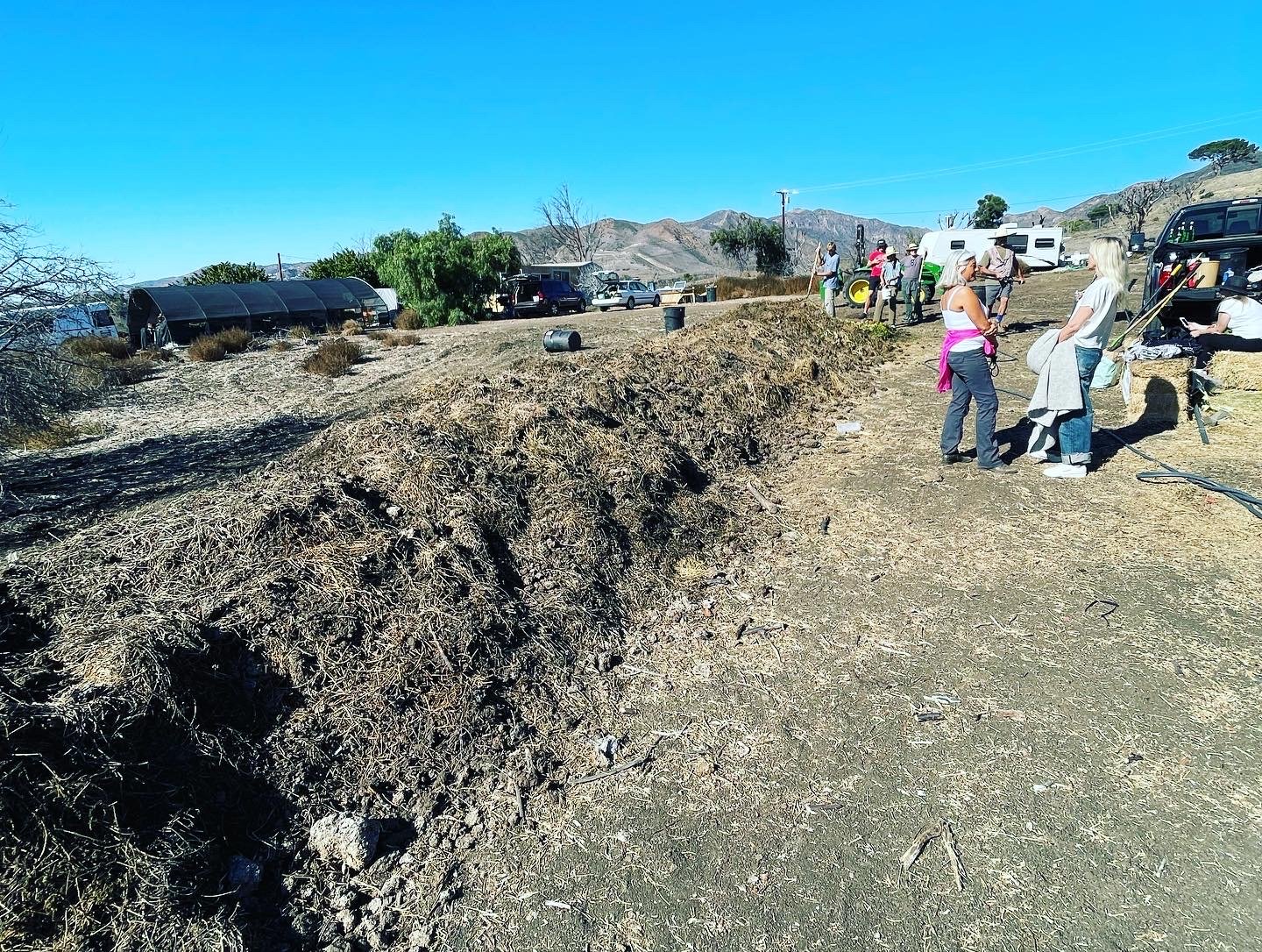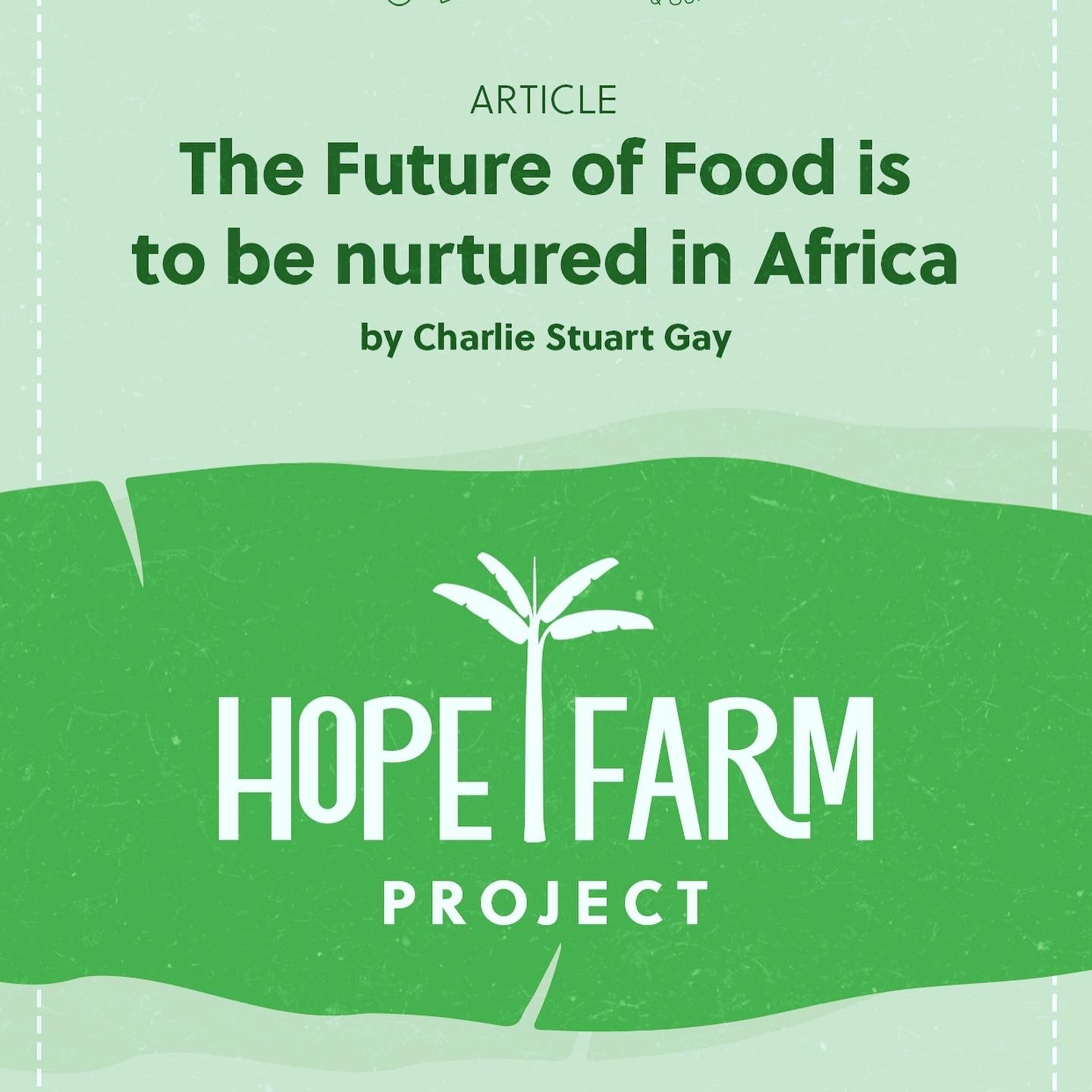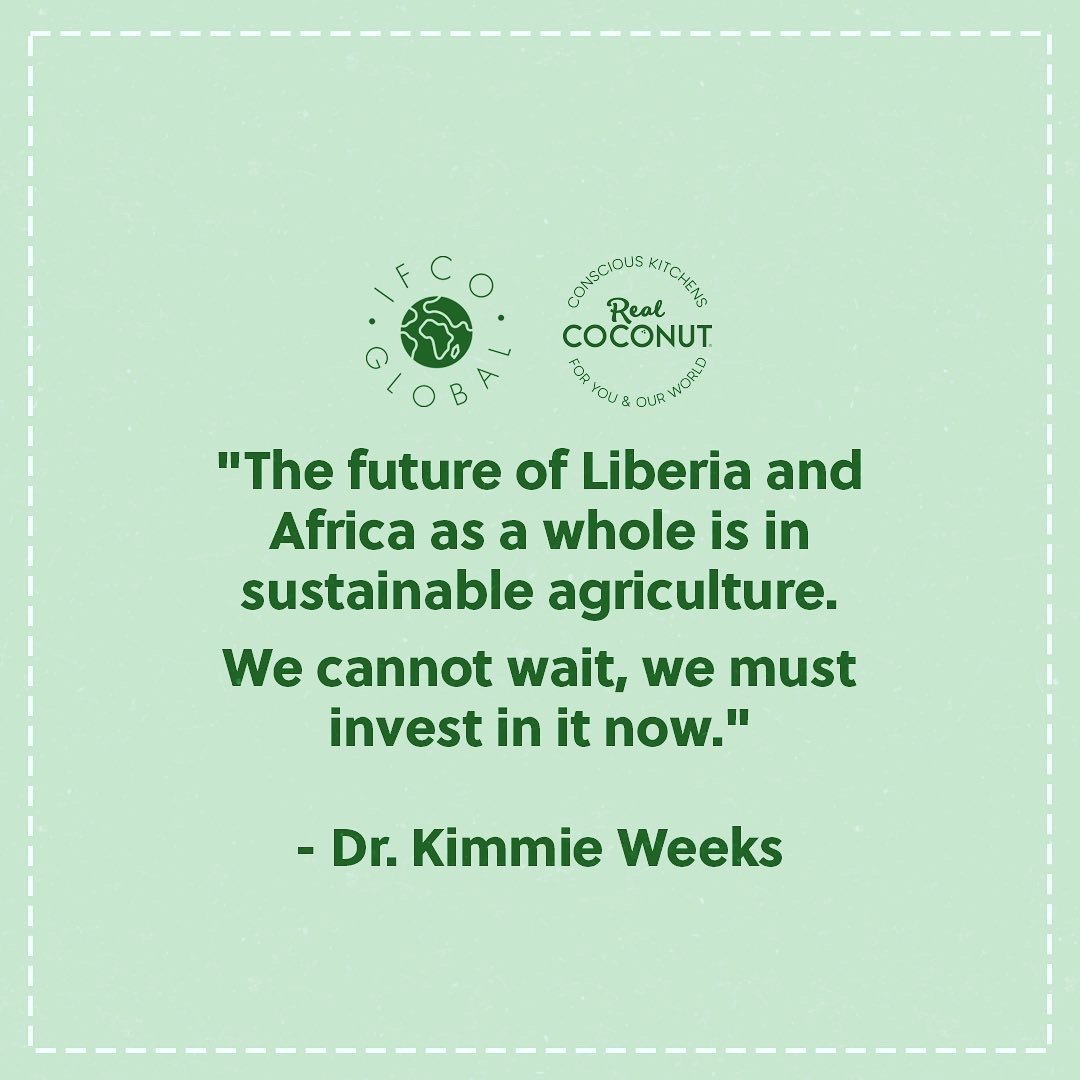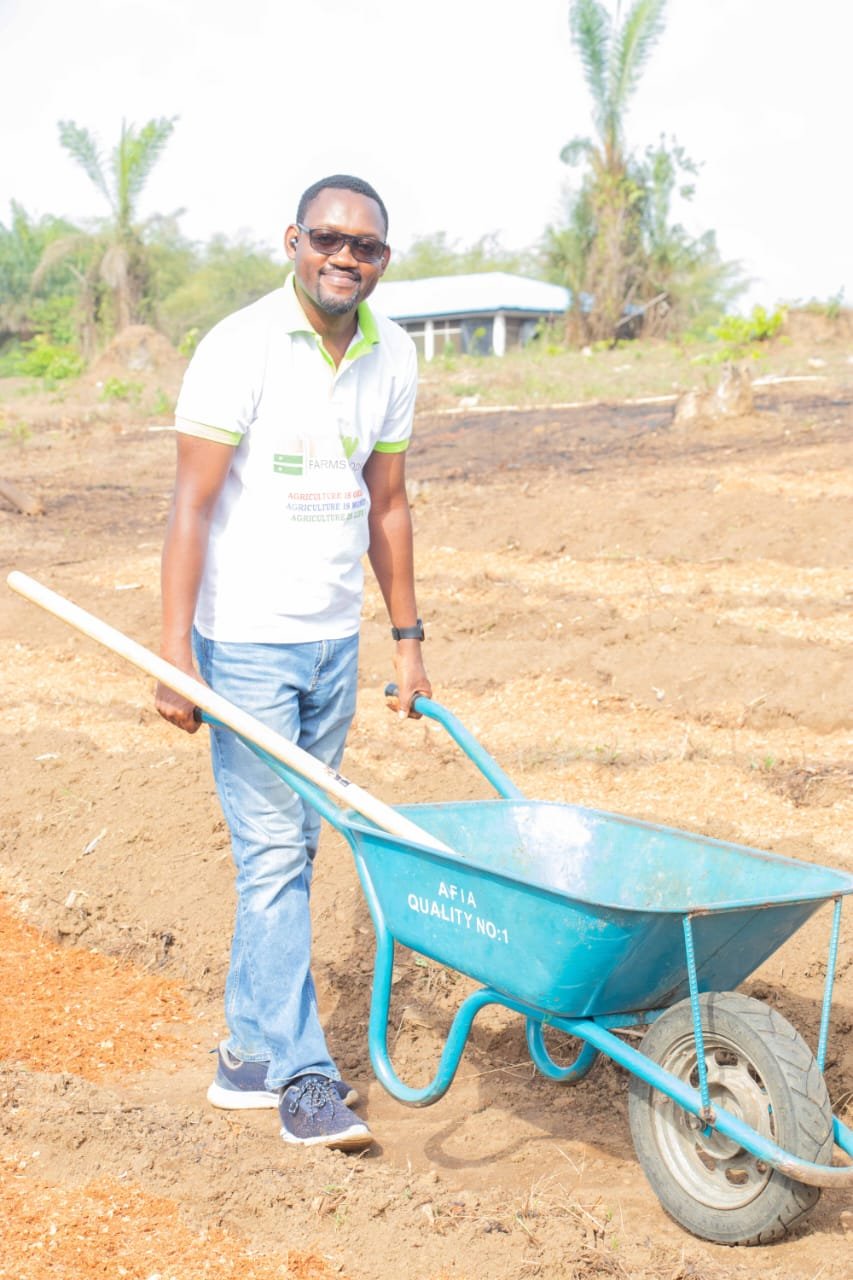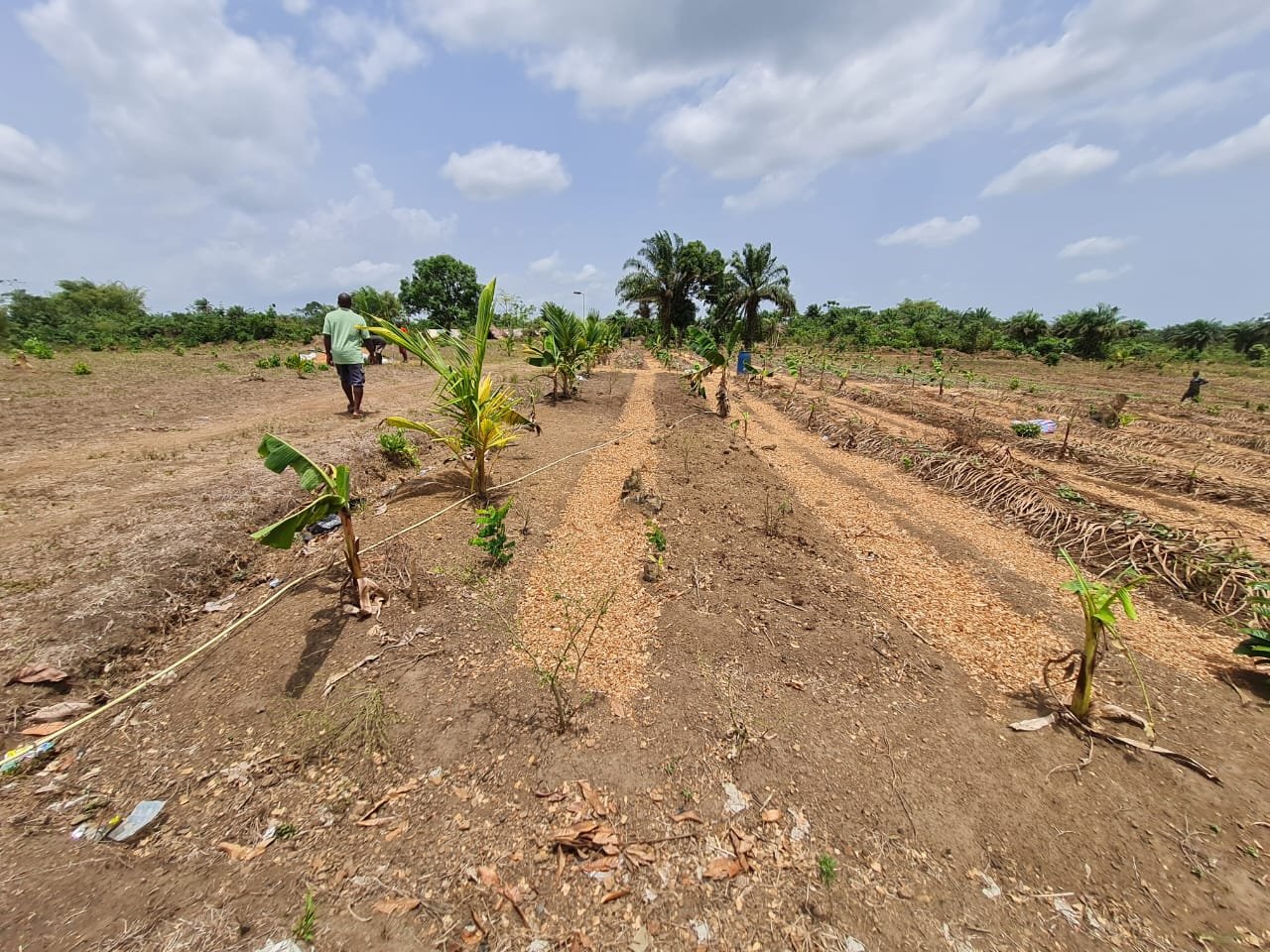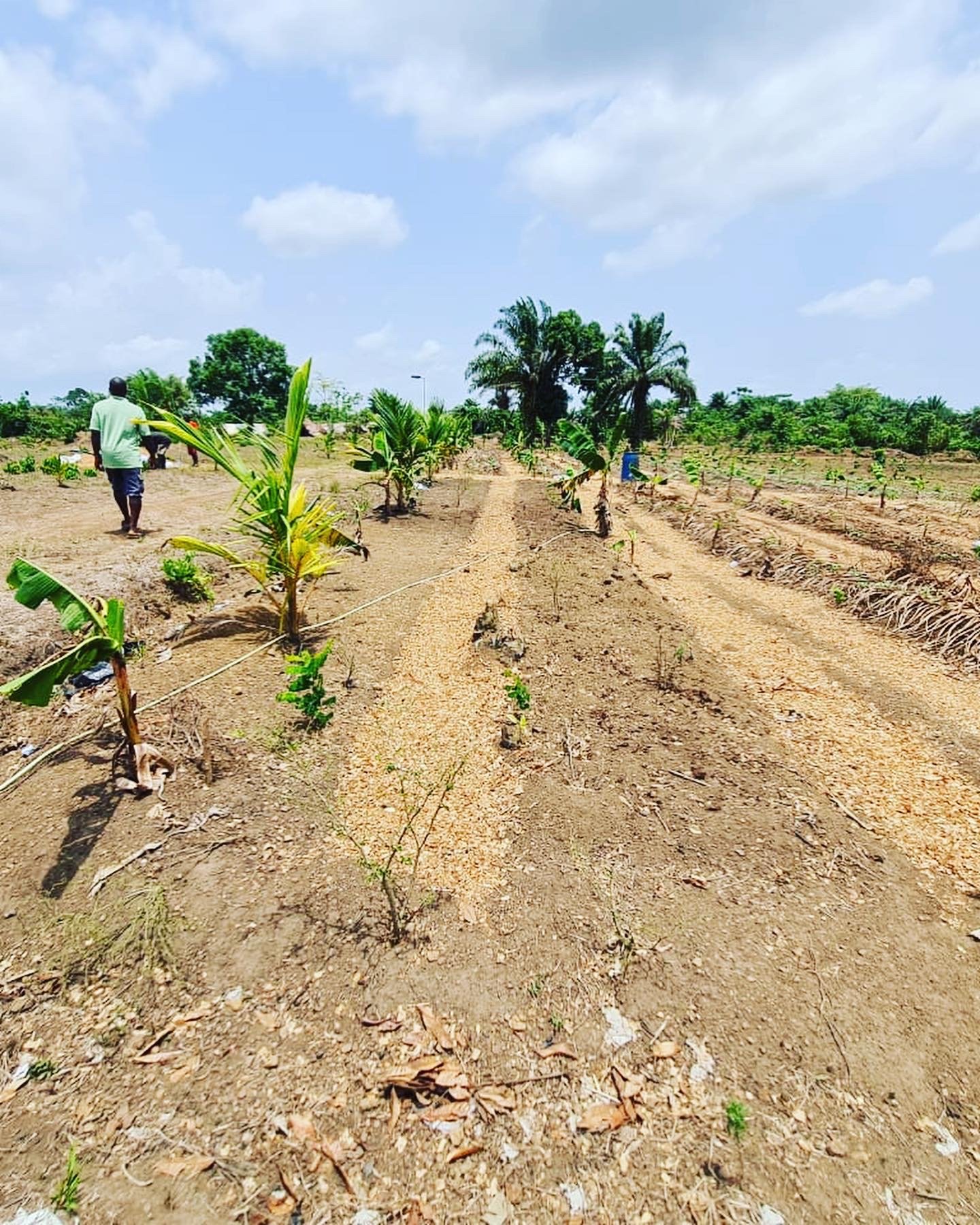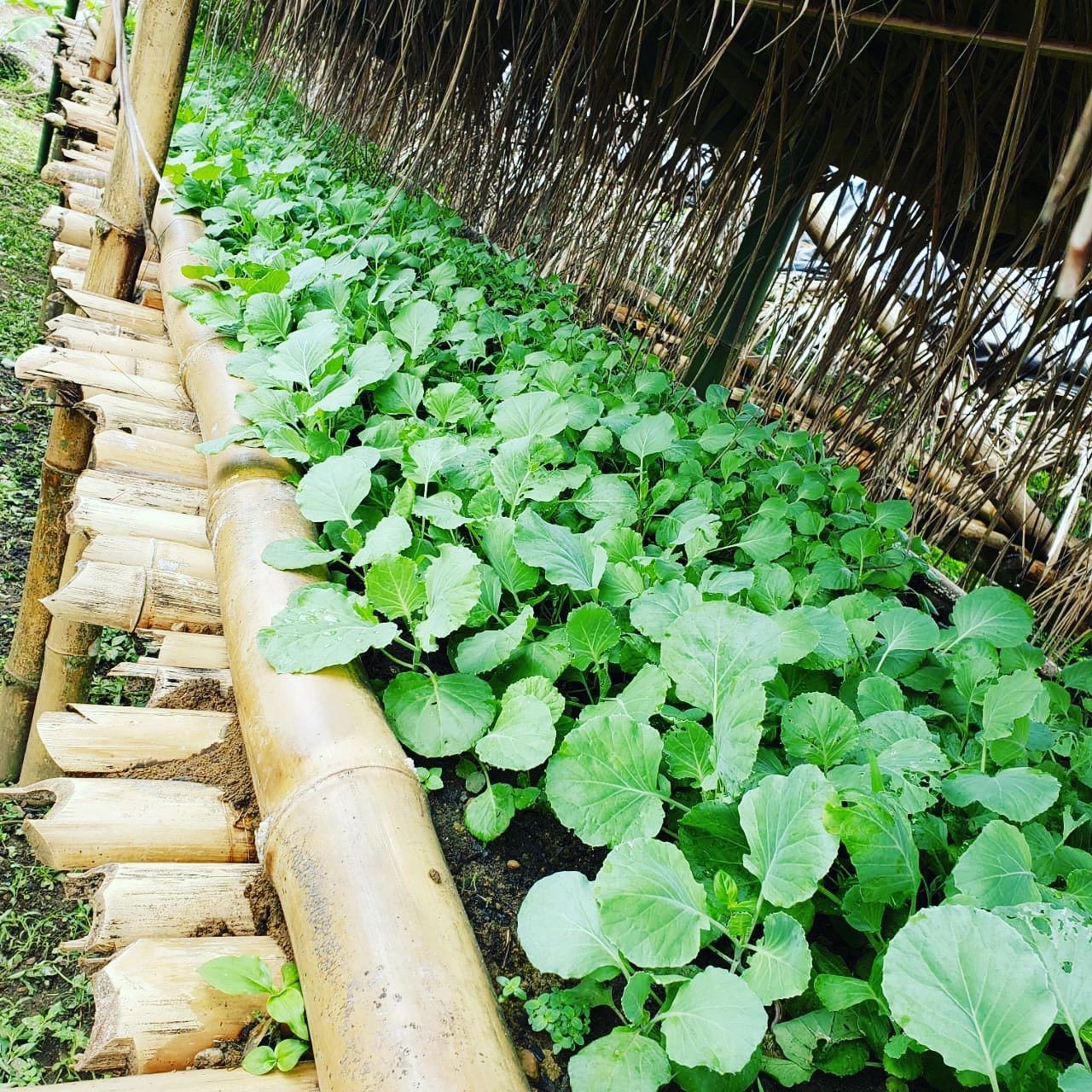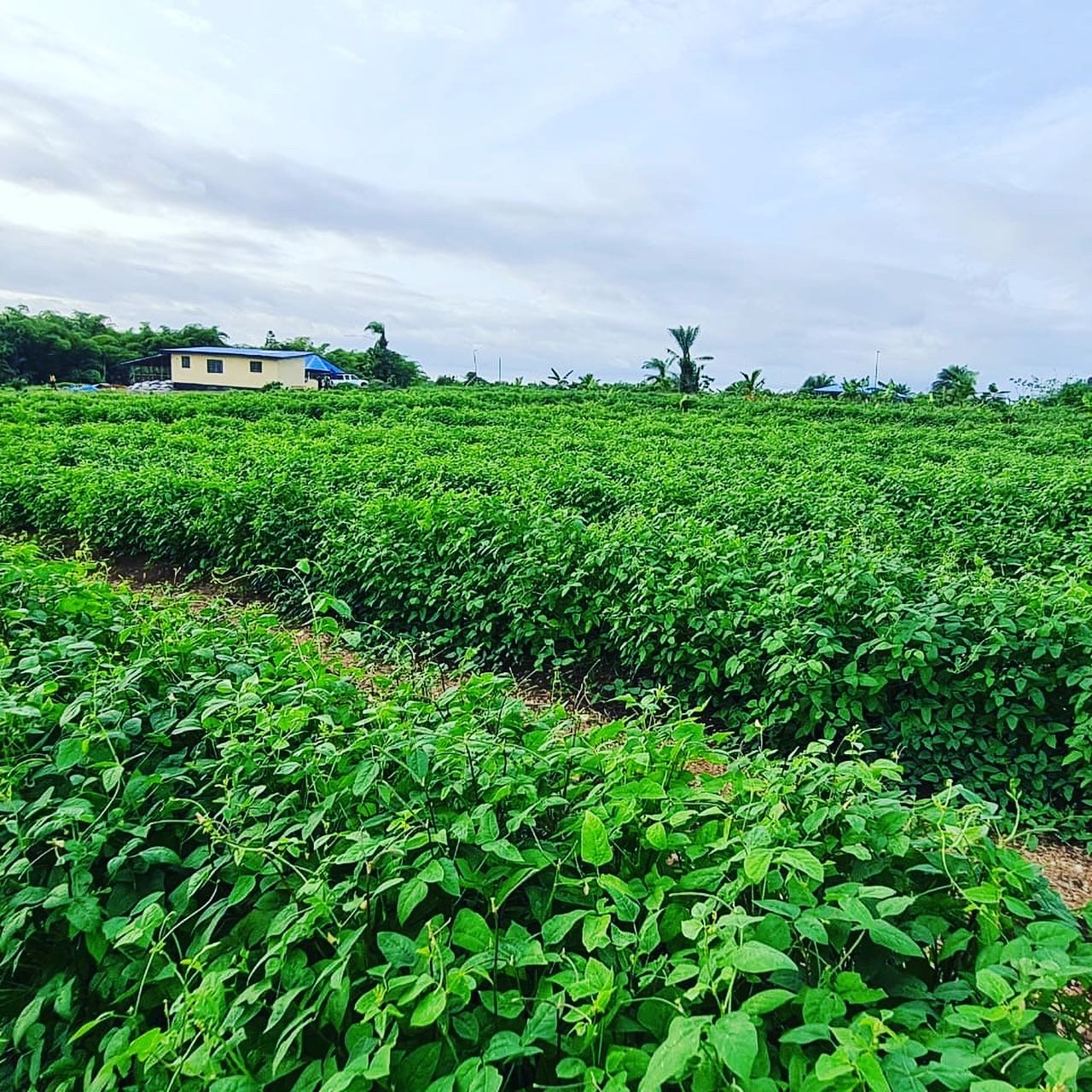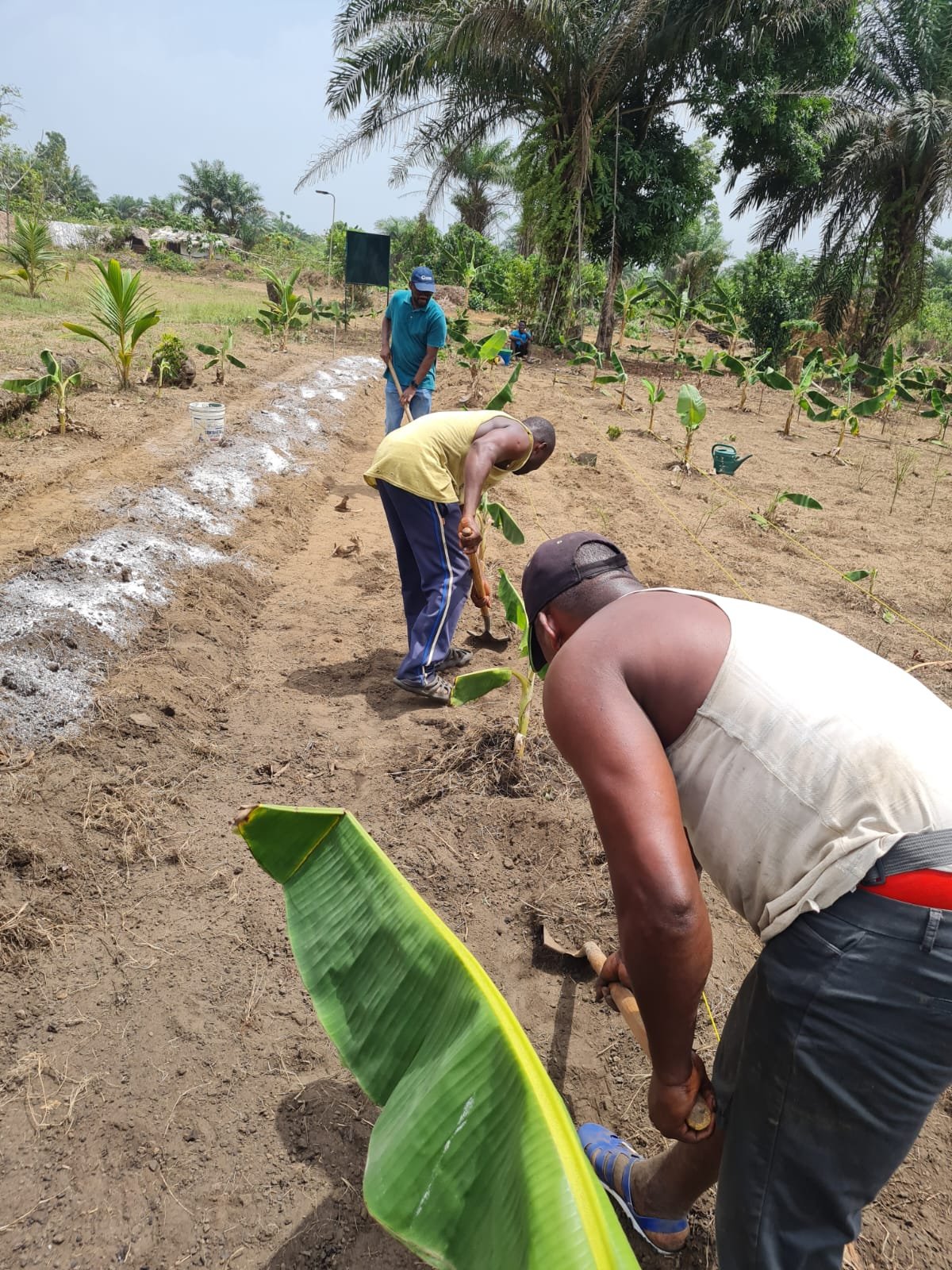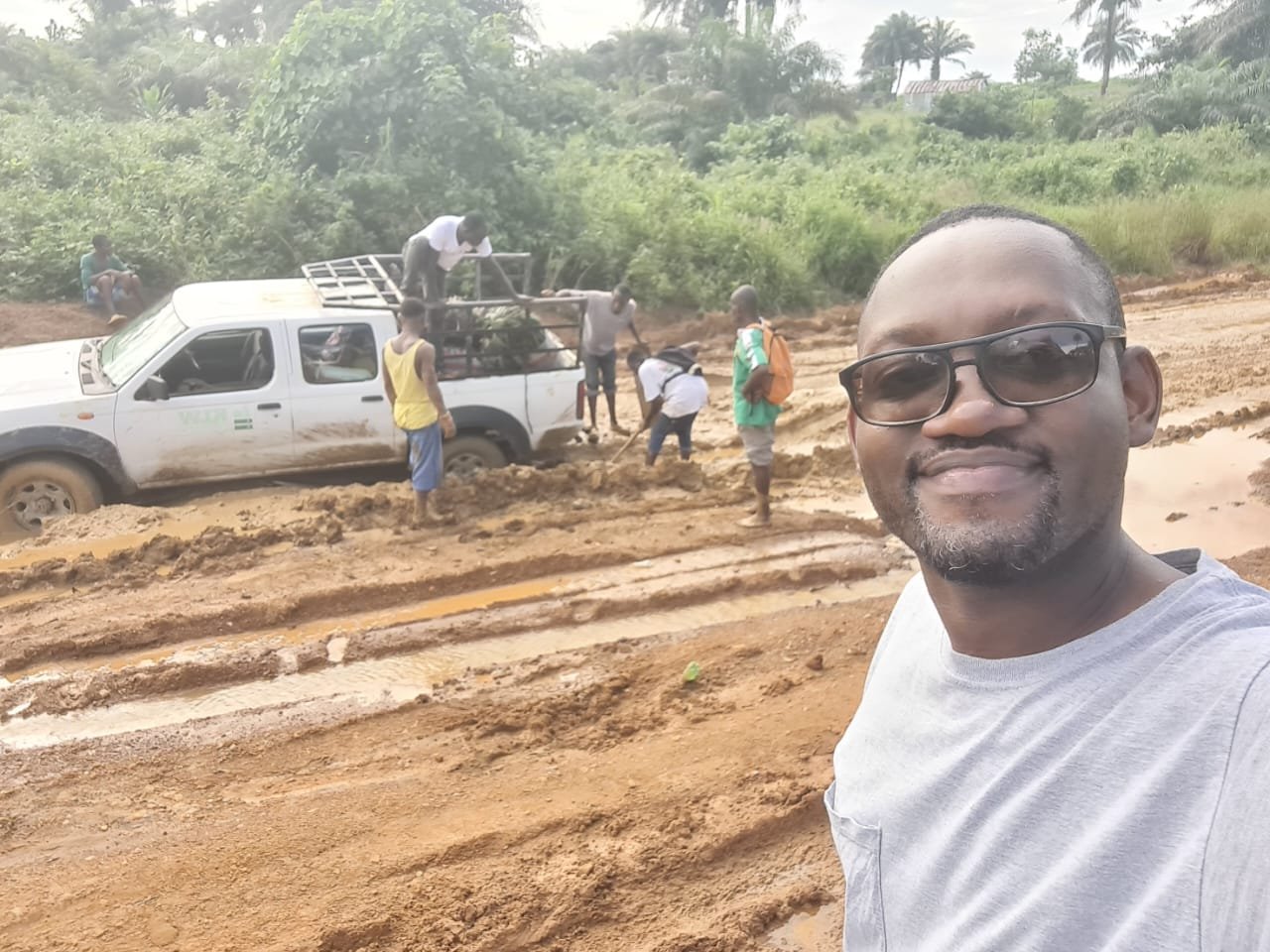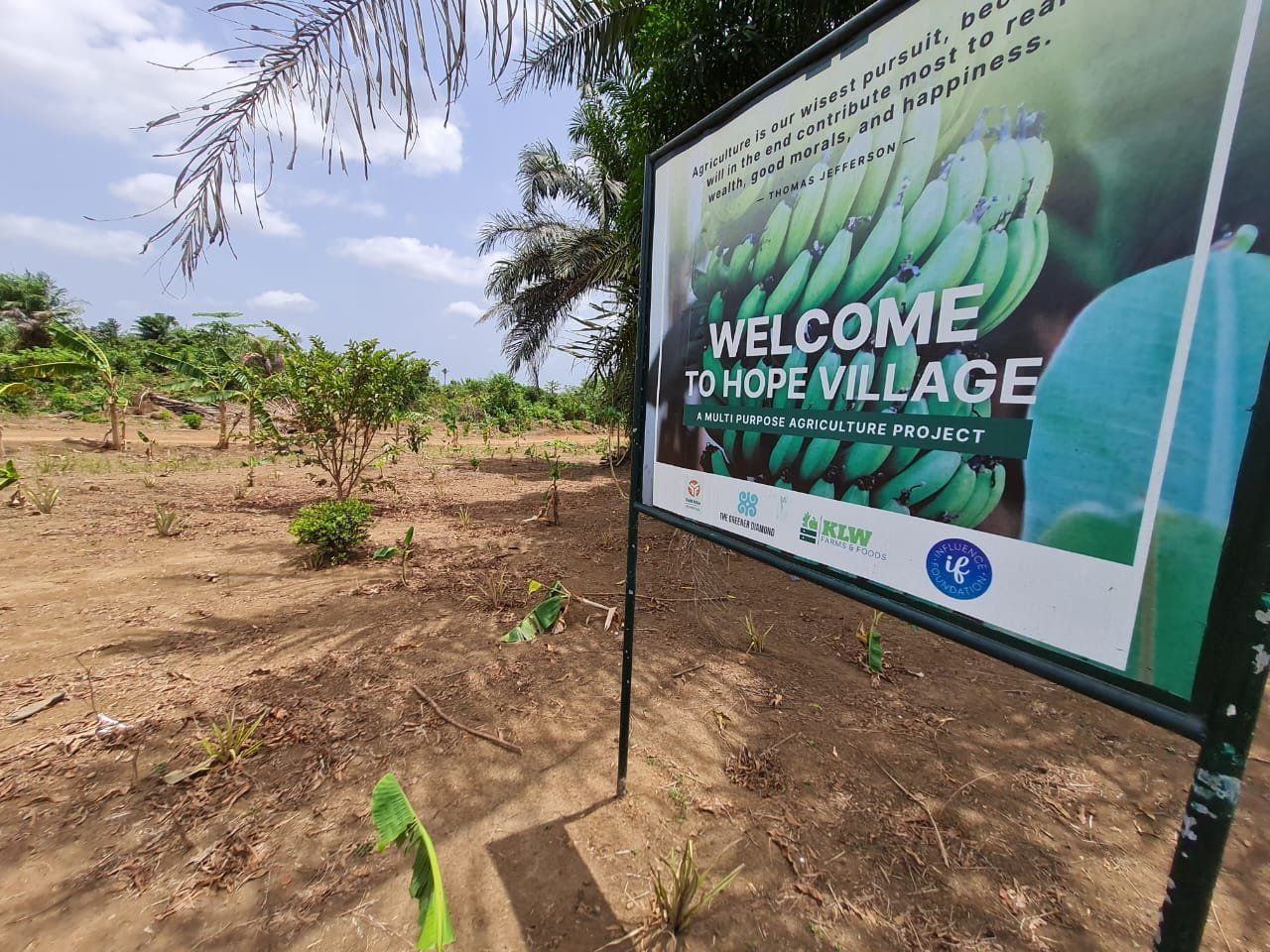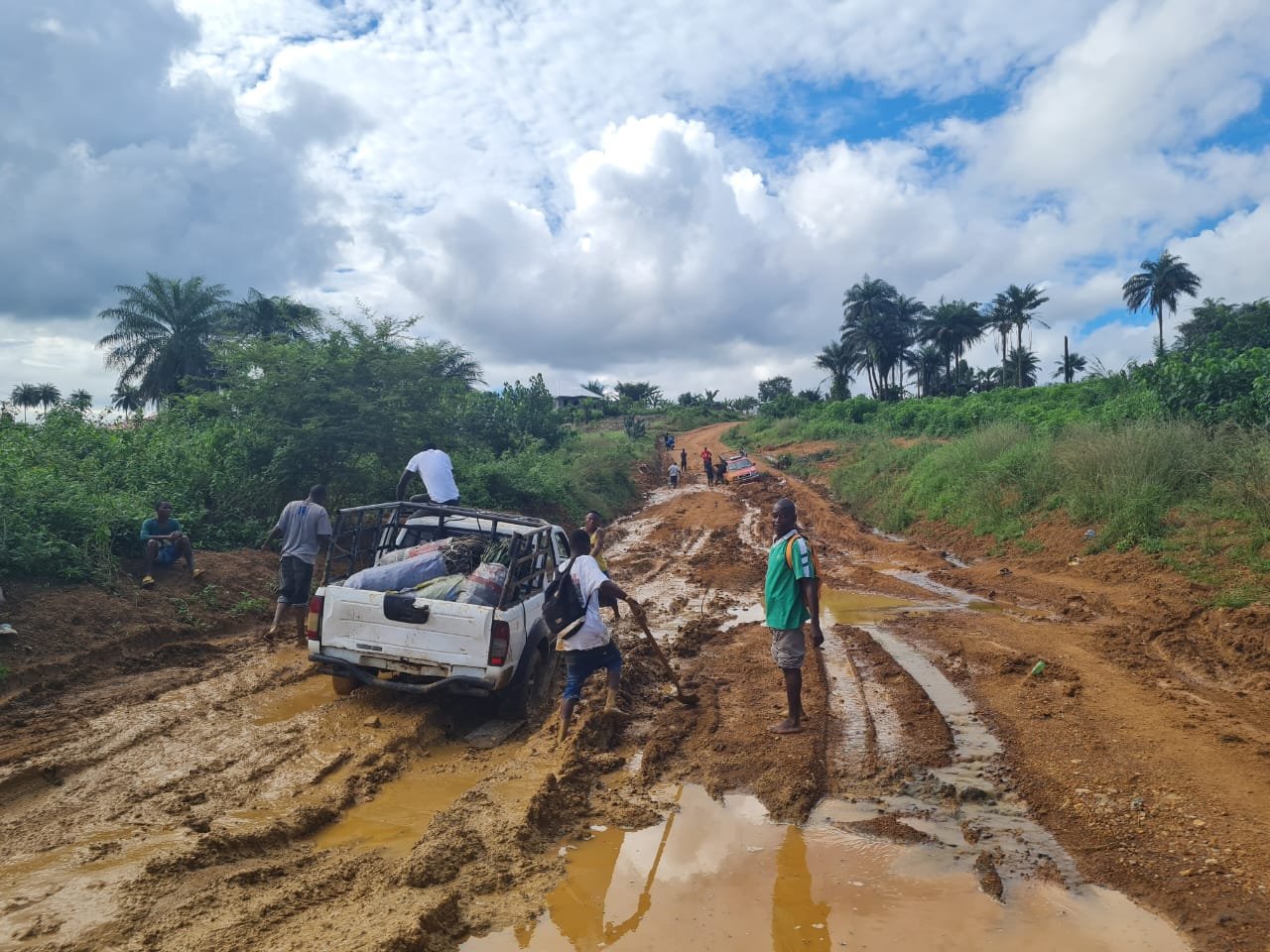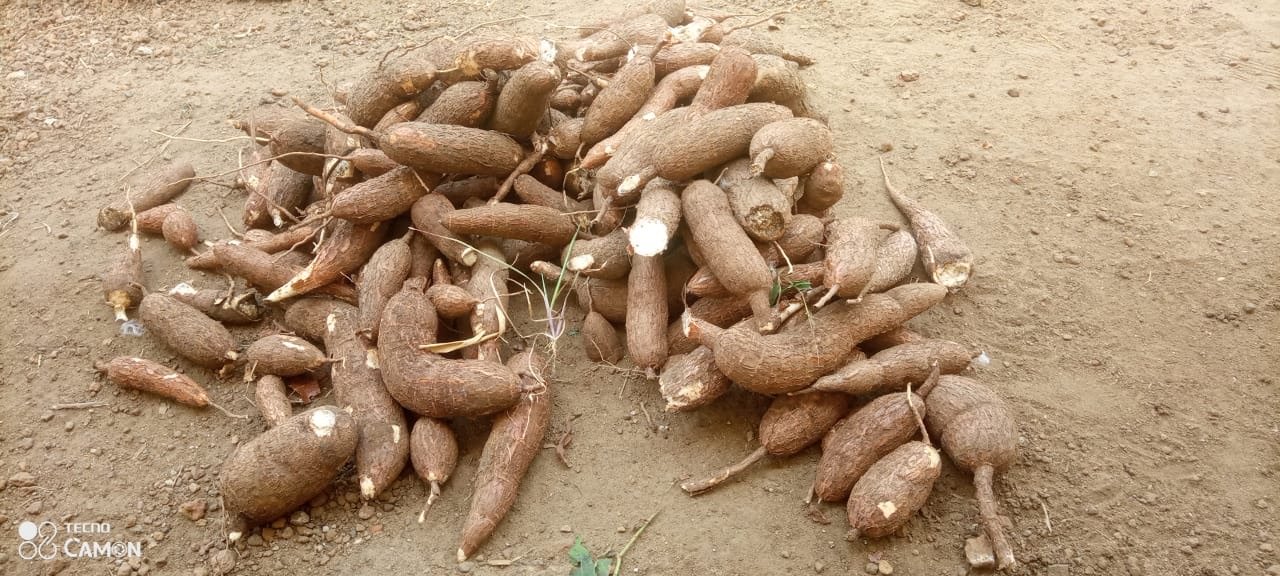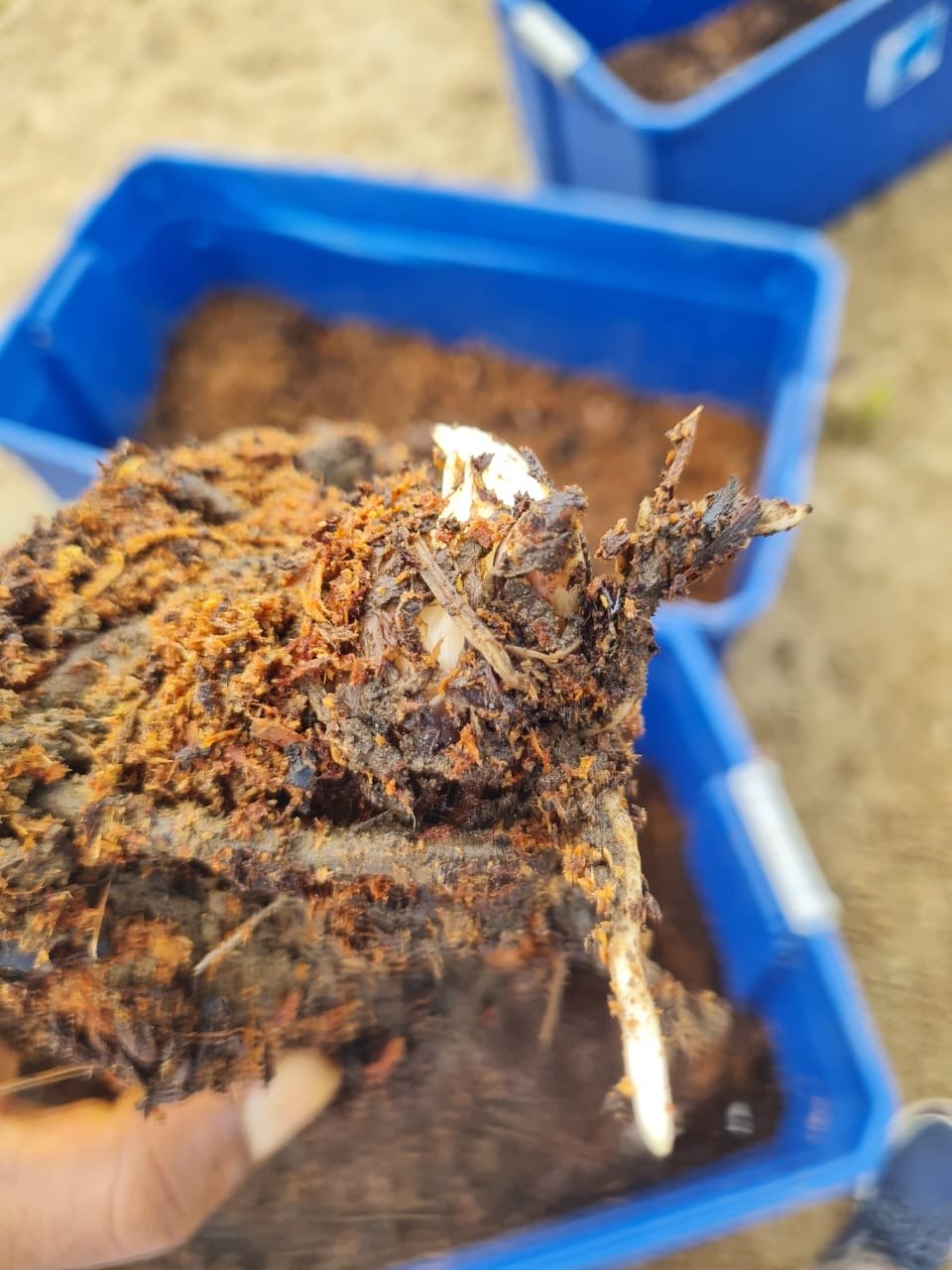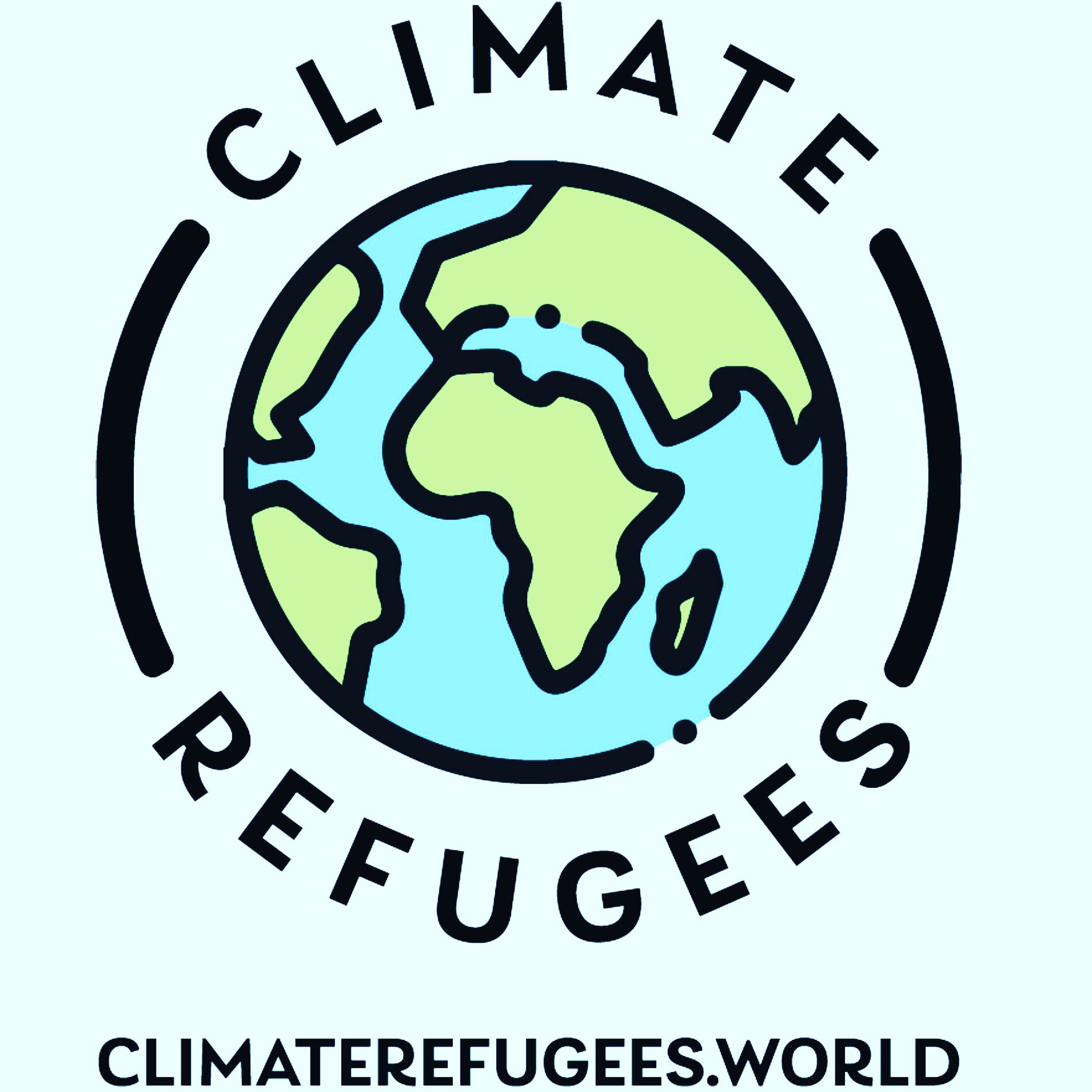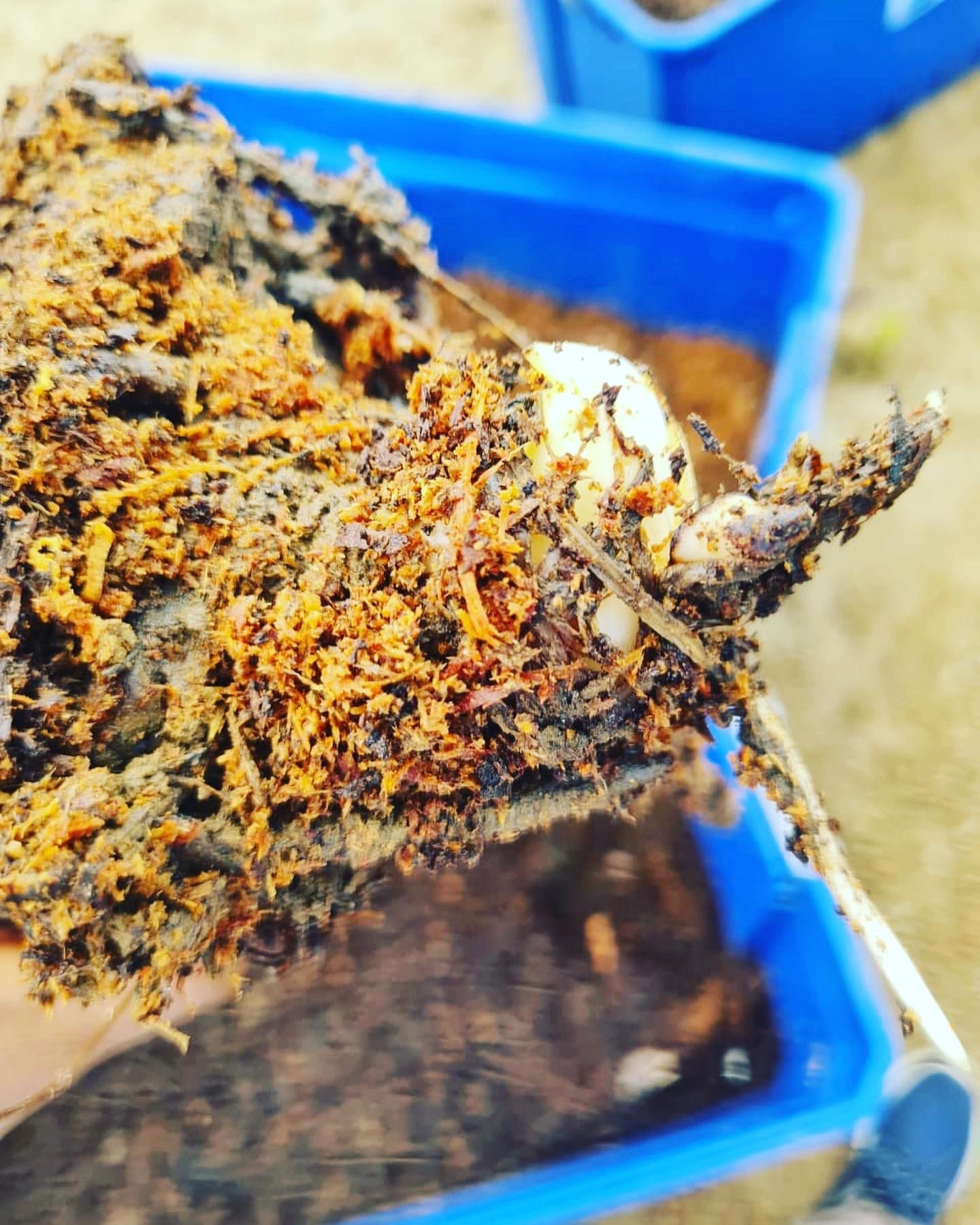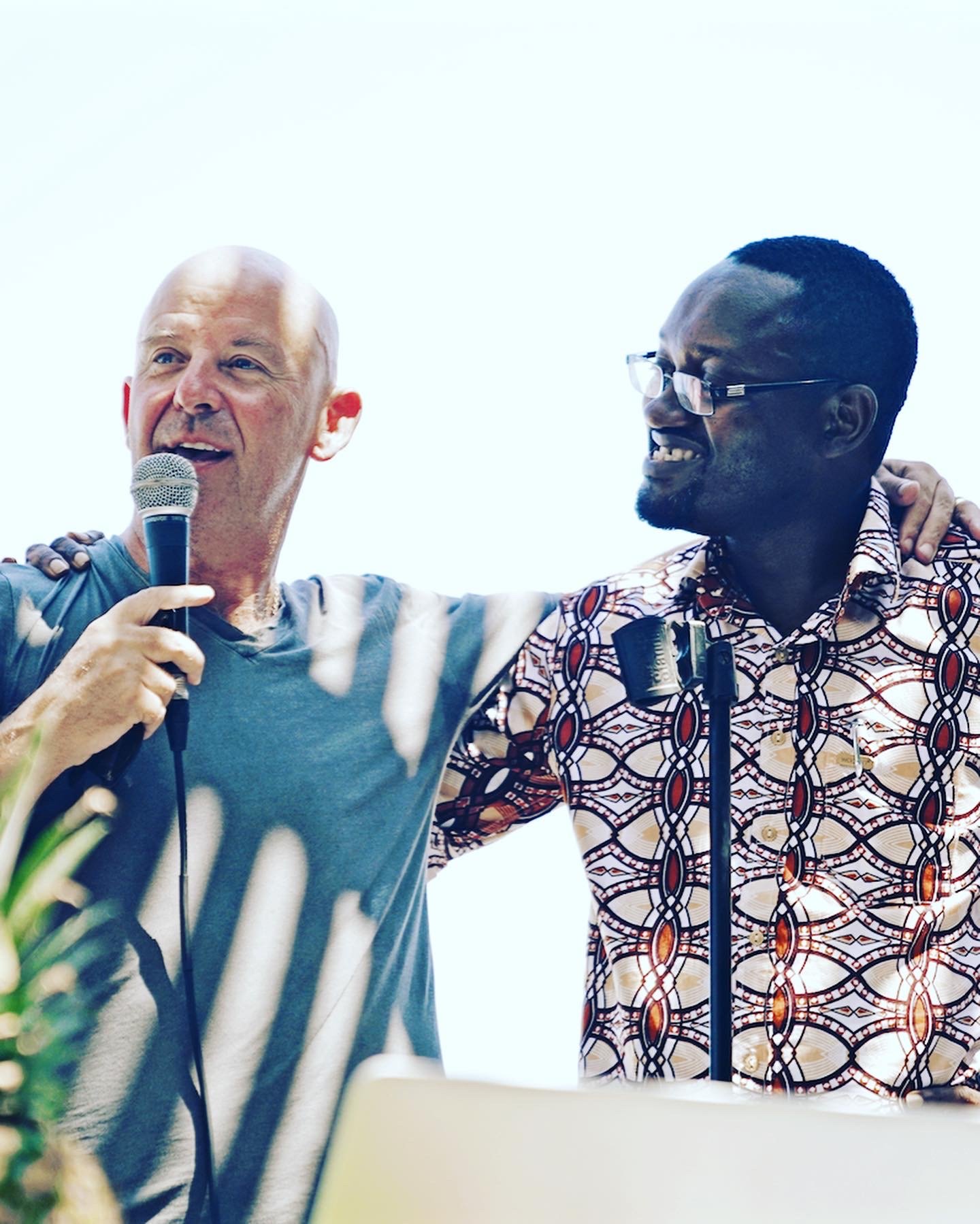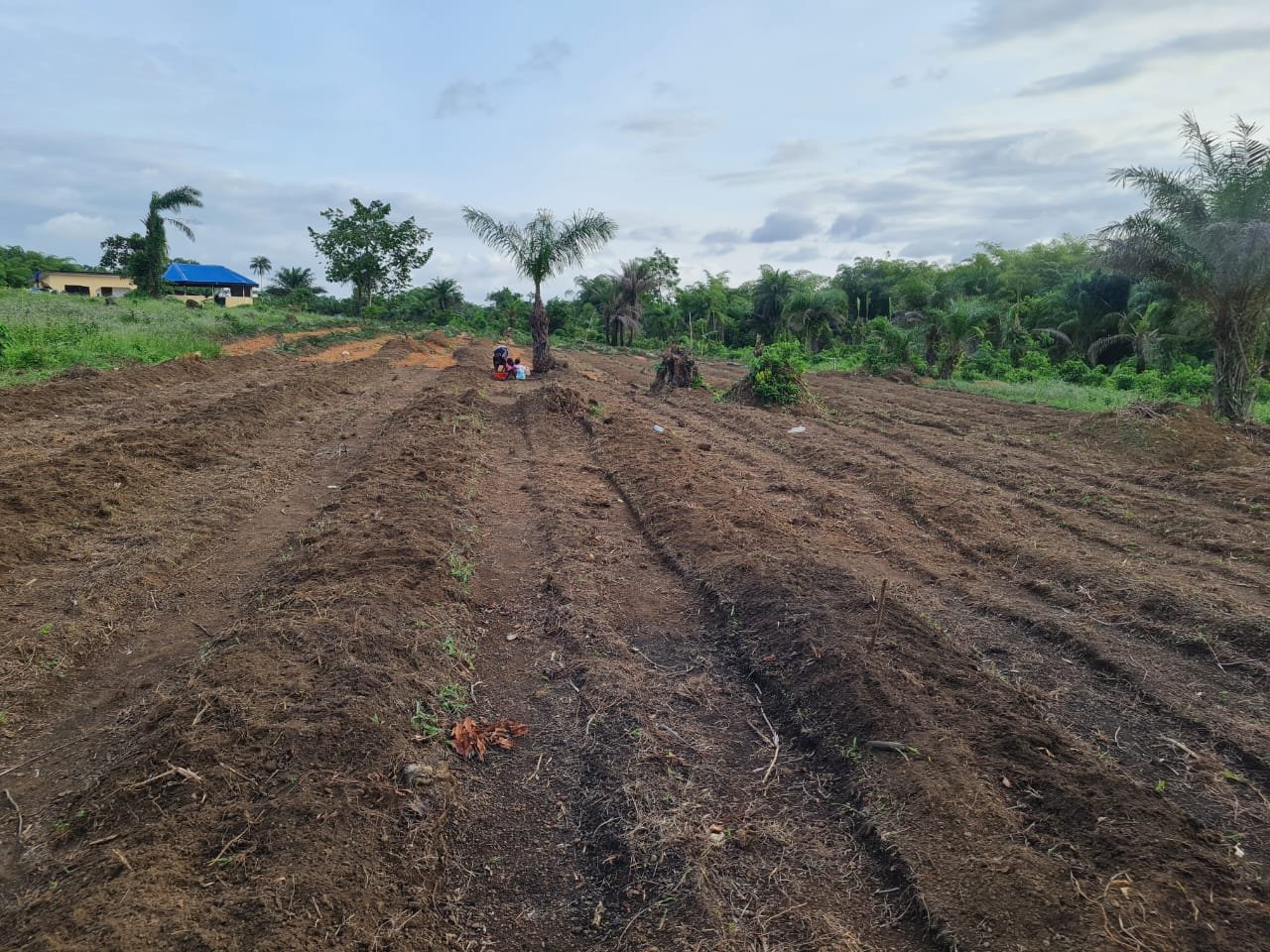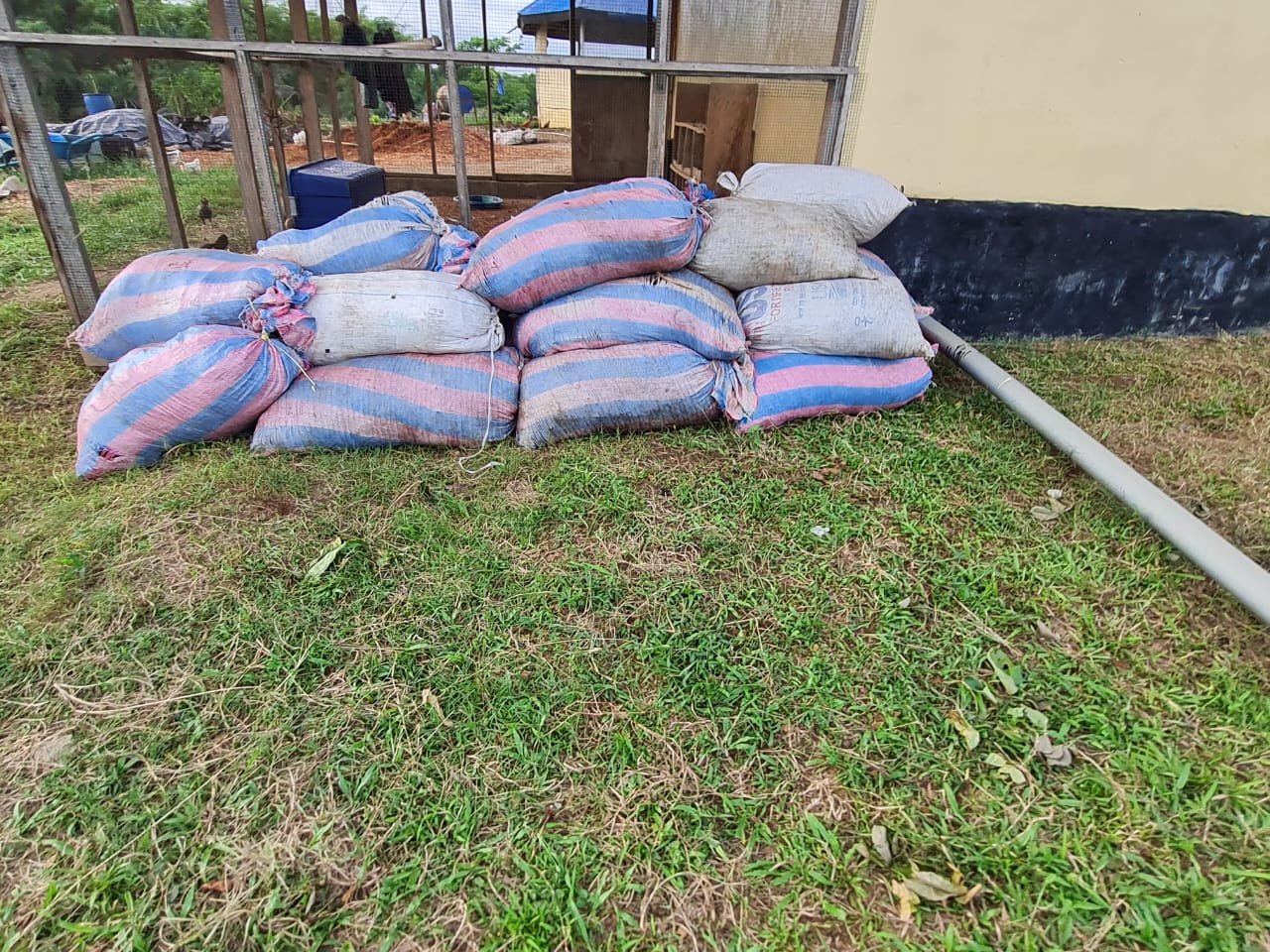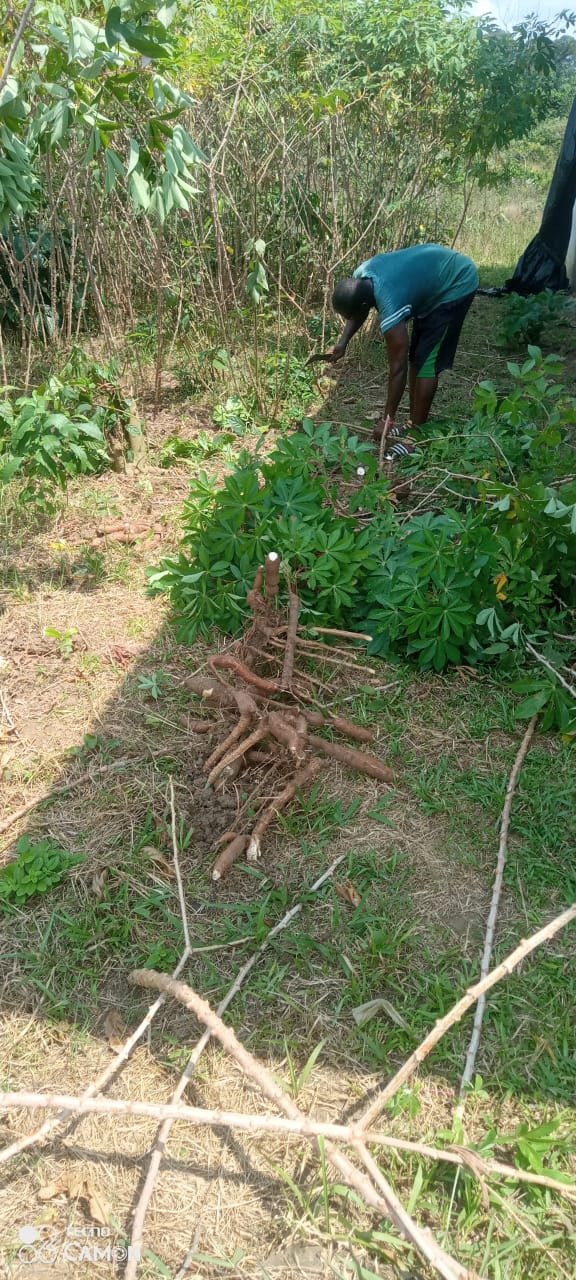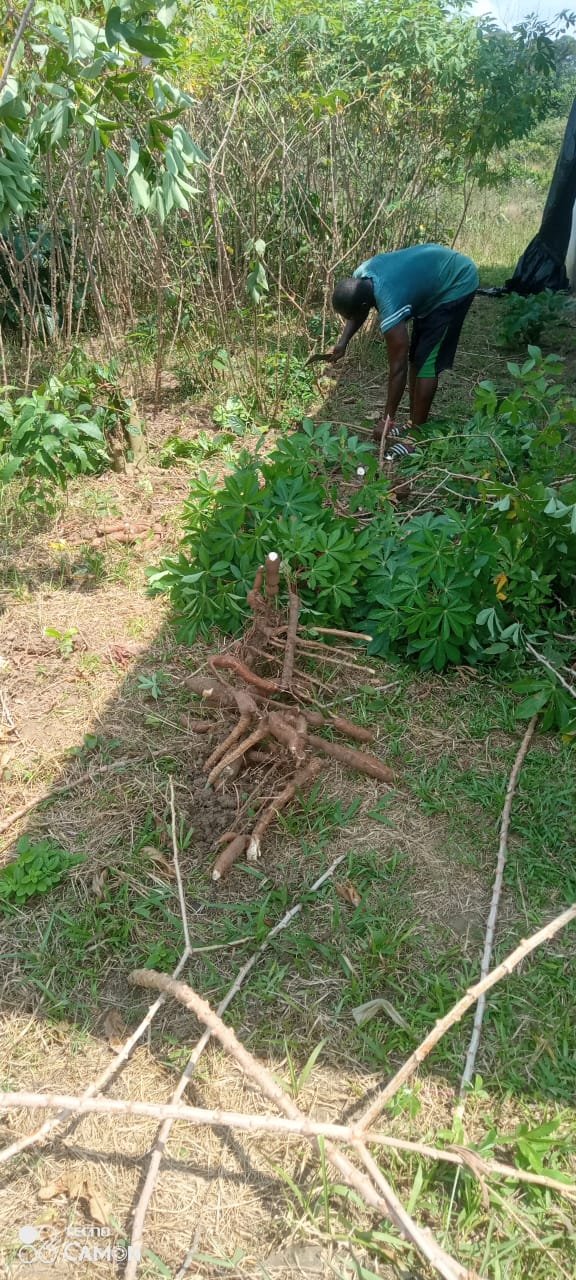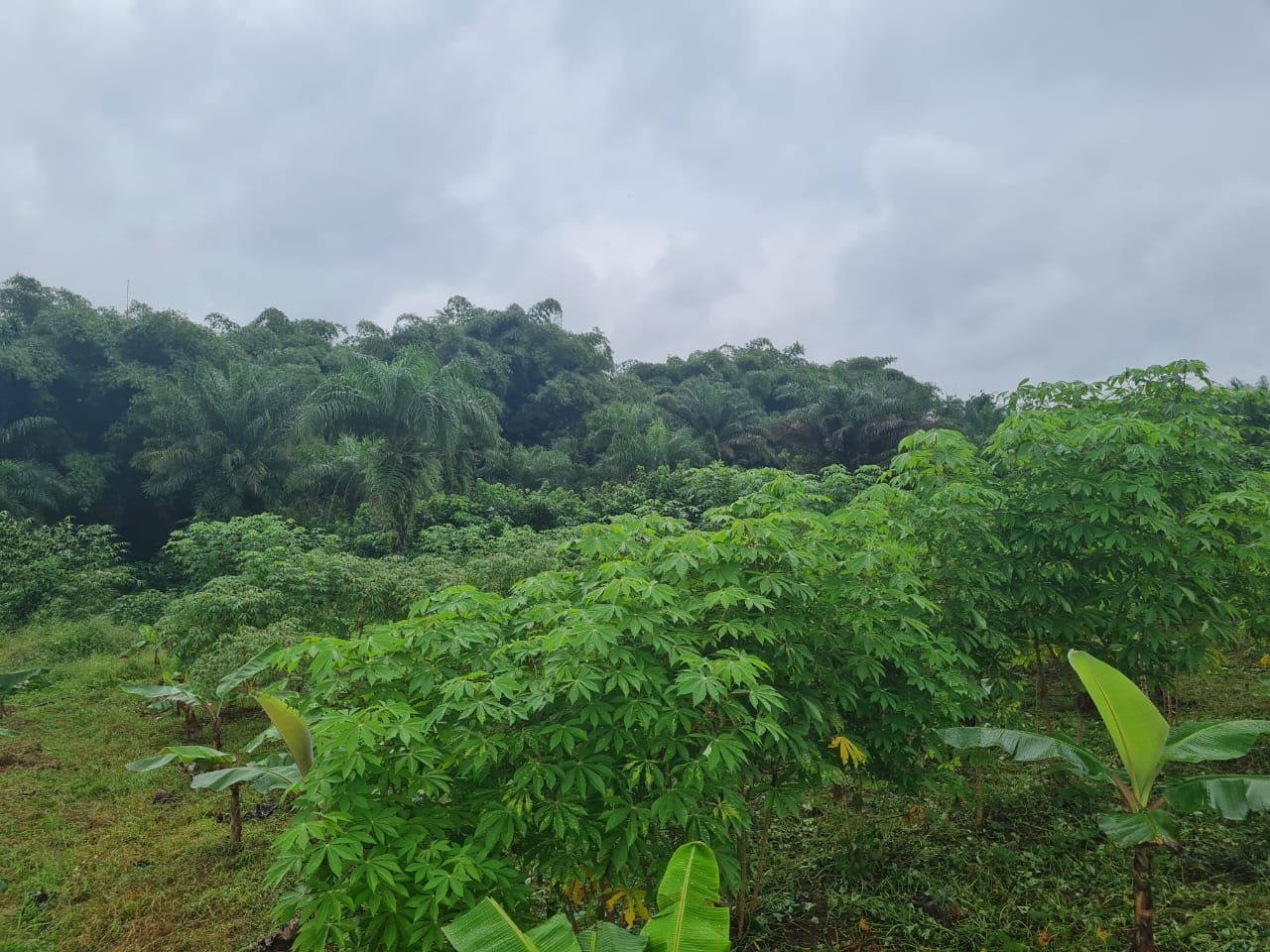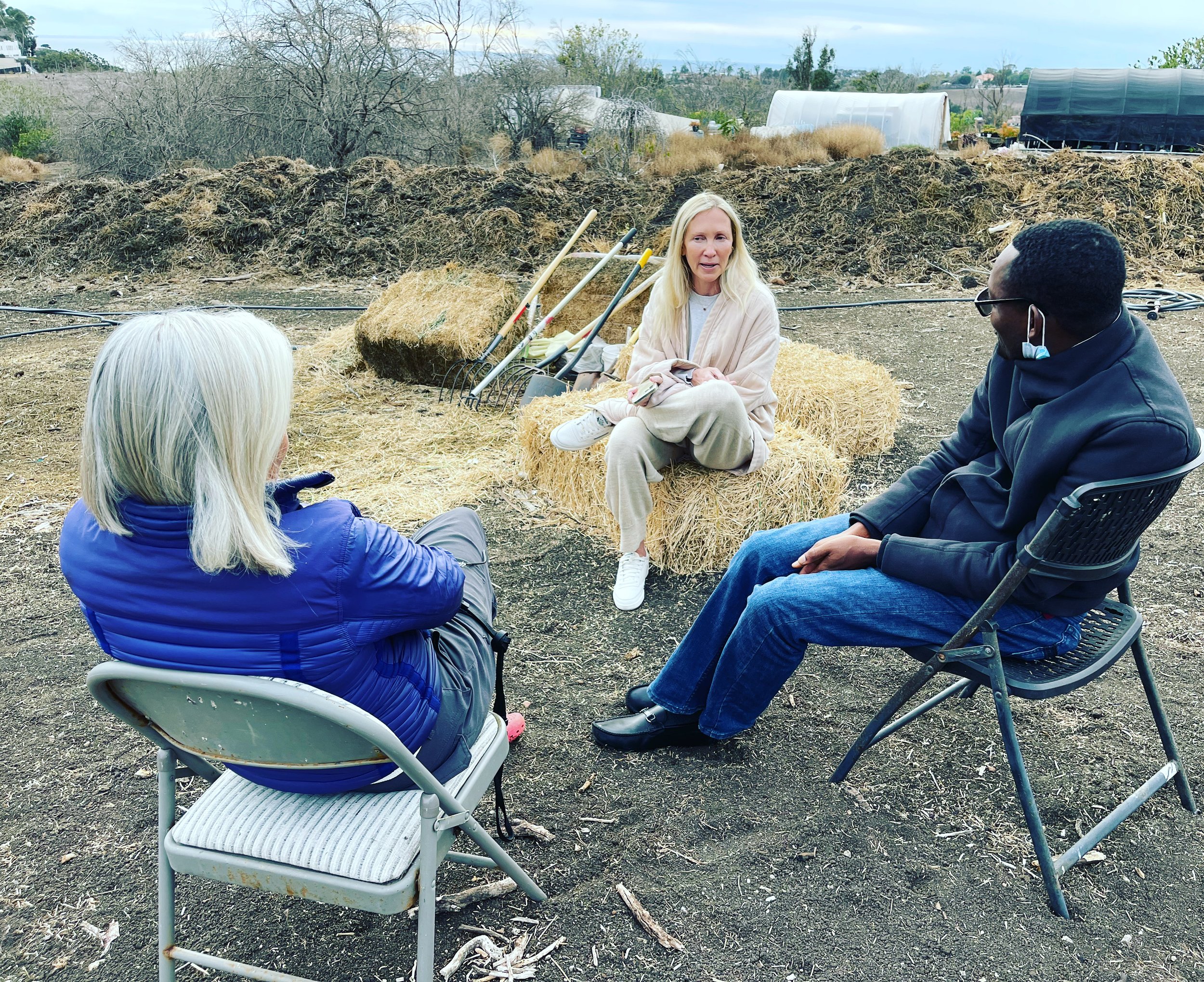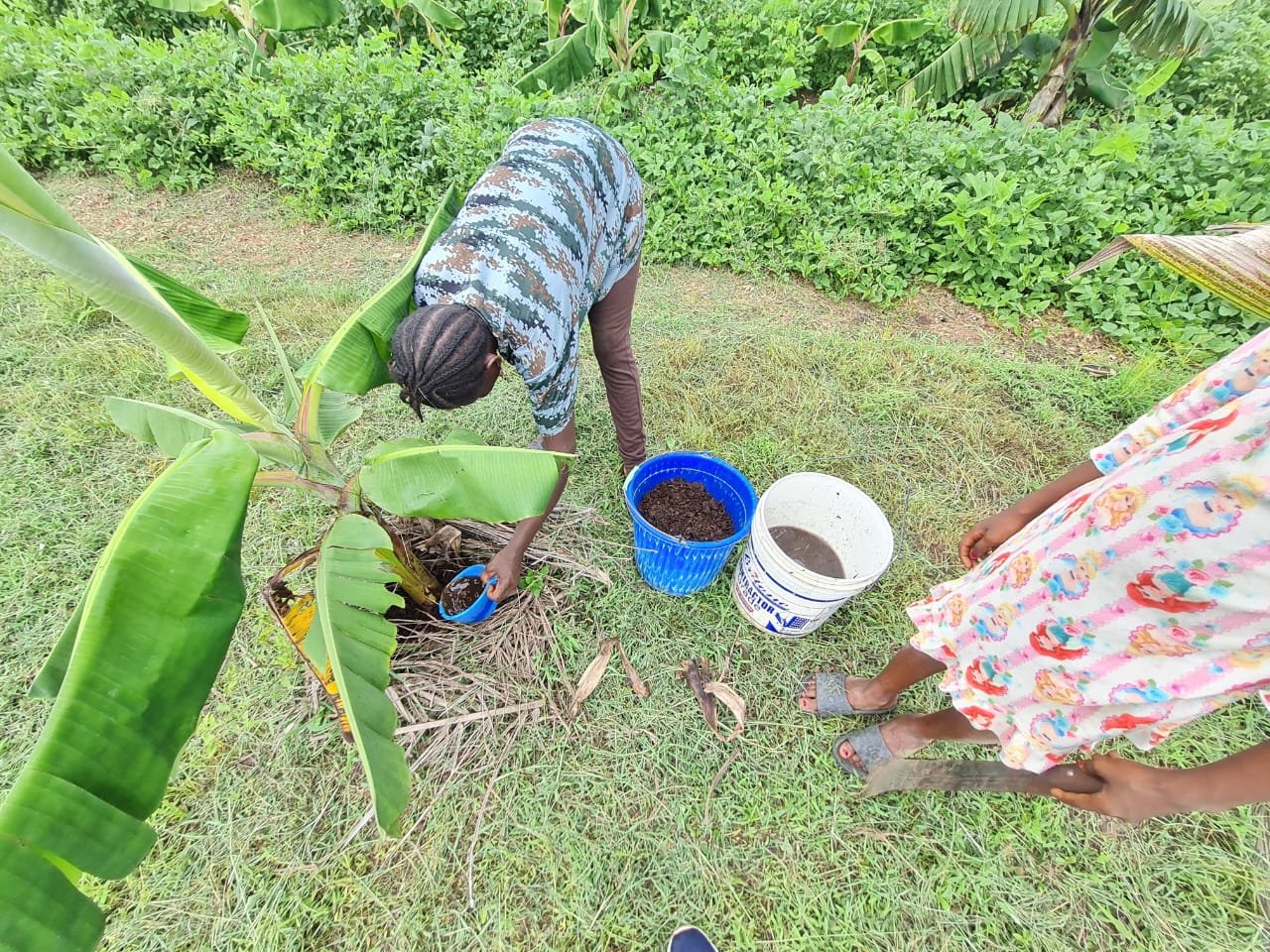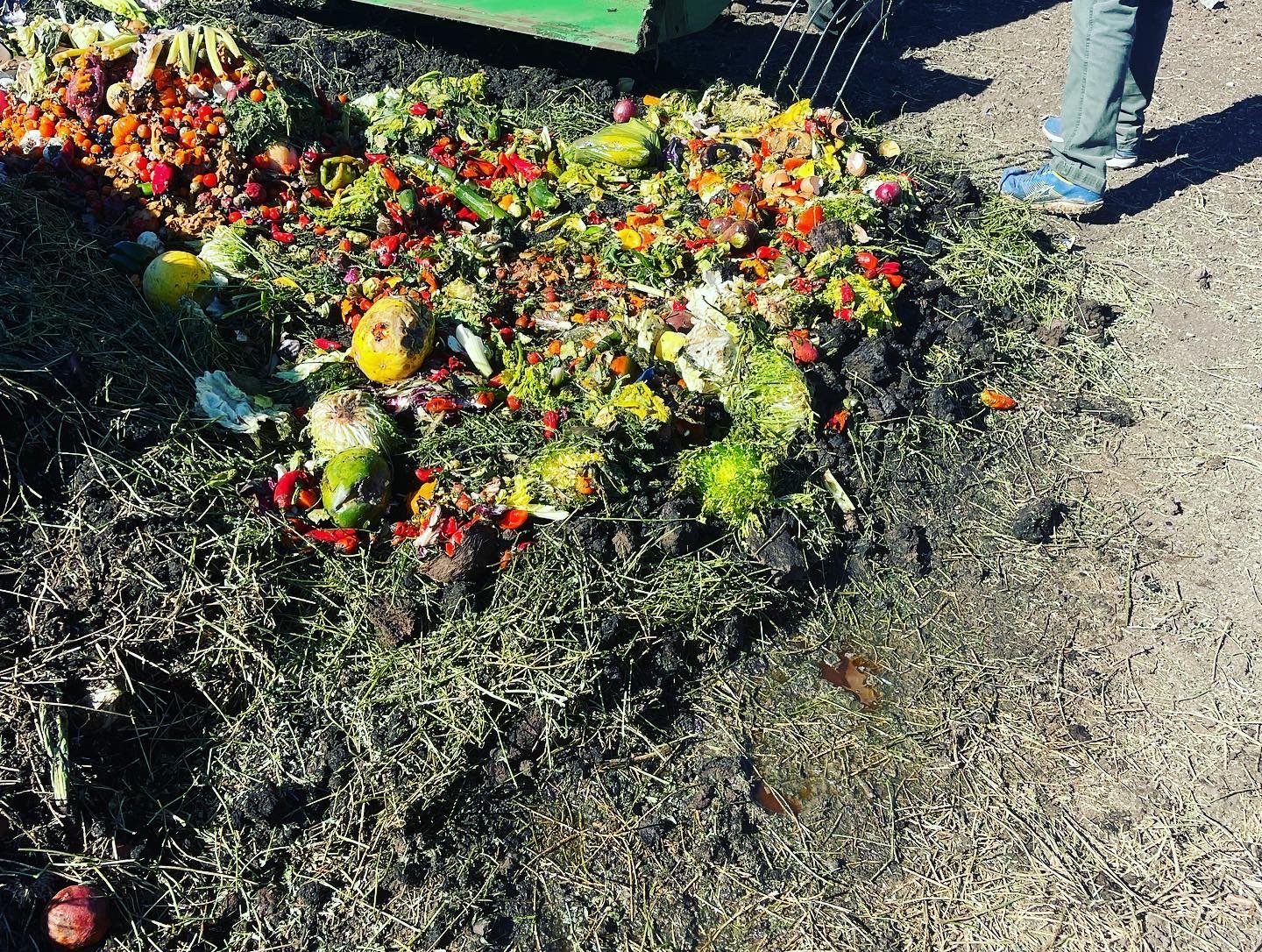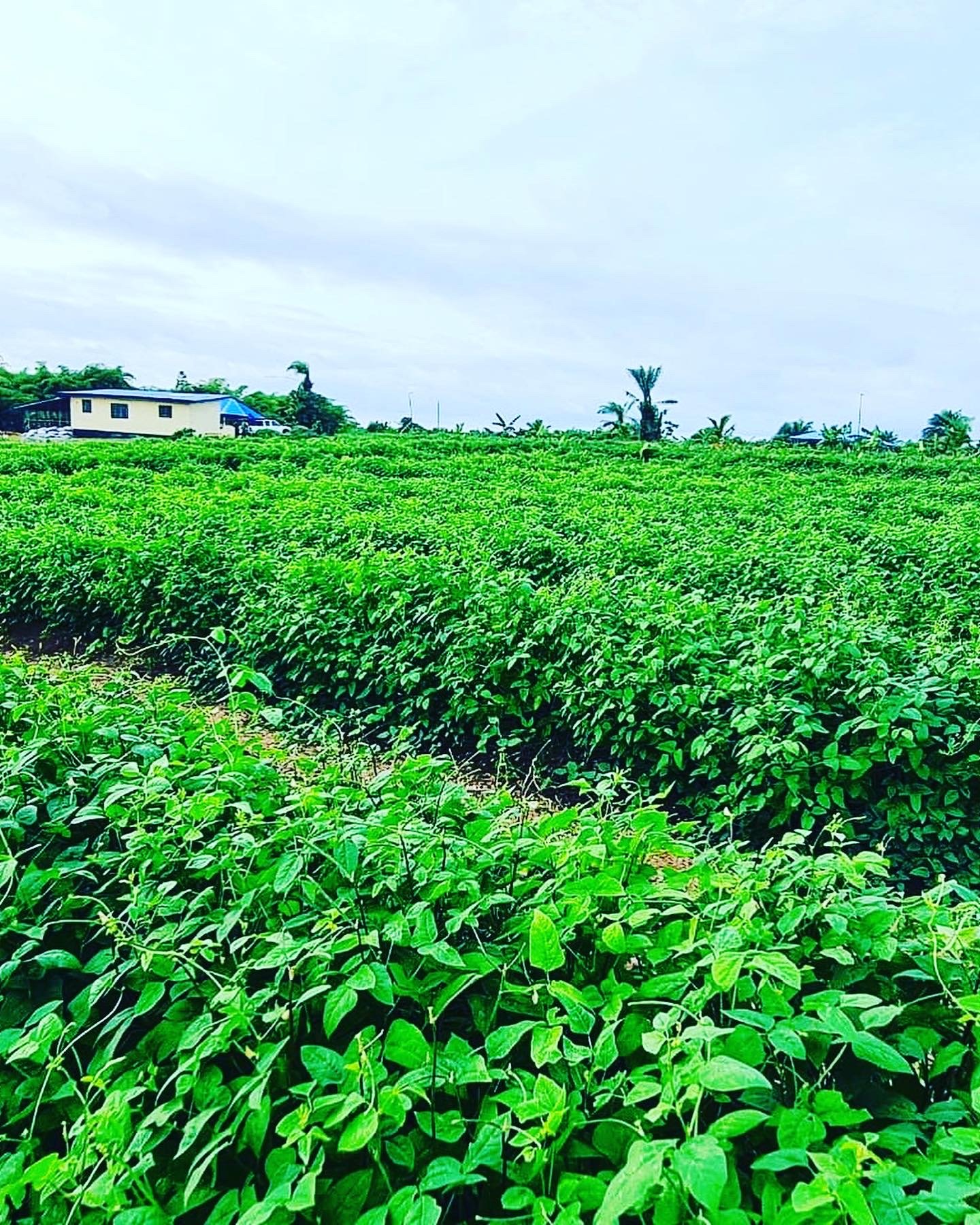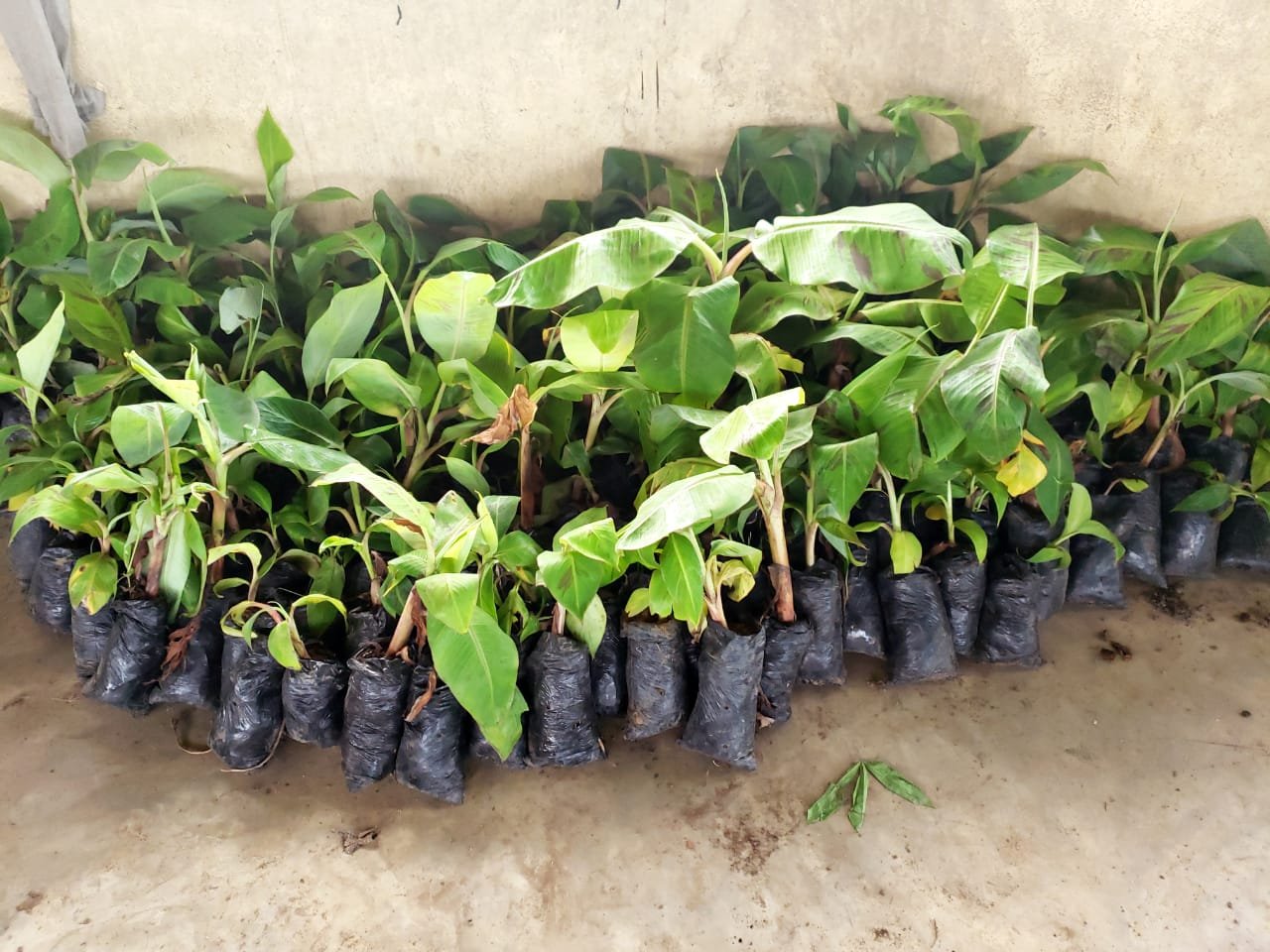Influence crop growth - Who owns the lands - & What food we buy?
If indigenous farmers own indigenous lands farming indigenous crops that can expand GDP of poorer countries, and at the same time be an “alternative flour” solution to the epidemic in the West from gluten and grain intolerance … then sustainable solutions can be achieved.
IF currently has 4 vertical Campaigns
GUIDING LOW GDP COUNTRIES to INCREASE EXPORTS AND NOT BE OVER RELIANT FOR FOOD AID OR IMPORTS.
EMPOWER INDIGENOUS SMALL FARMERS TO OWN THEIR OWN LAND & EFFECTIVELY CROP NATIVE CROPS
STIMULATE AWARENESS FOR ALTERNATIVE FLOURS AS IDEAL INGREDIENTS FOR HEALTHY FOODS TO COMBAT GROWING EPIDEMICS CAUSED BY GLUTEN AND GRAIN.
INFLUENCE ALL OF US TO RECOGNIZE DIGESTIVE HEALTH, WHILST EATING GREAT FOOD.
Dramatic changes to the culture of how we eat take place when our food is derived from disruptive, alternative ingredients supplied by self-sustaining organic farmers who own their own land..
“Utilizing alternative flours from native crops - plantain, coconut, & yucca - supports sustainable digestive health for you & land rights & prosperity for small farmers.”— Daniella Hunter
IF is committed to influencing developing countries, whose small rural farmers often live in near poverty. Our current work includes stimulating social enterprise farming programs , organized cropping and alternative flour milling in conjunction with influencing the use of plant crops as the best solution for the Western Word’s growing epidemic around gluten and grain.
How we influence?
influence governments to deliver land rights to farmers
Train farmers in multi plant cropping like yucca, plantain, coconut and hemp.
Help establish local cooperatives supporting small boutique farmers
Help Guarantee a Fair Trade purchase of crops
Support the funding of Flour Factories.
Campaign awareness through retail and media channels in USA, Canada and Europe.
Liberia
Hope Farm - In association with The Kimmie Weeks Initiative and also Youth Action International, IF is developing a strategy for West Africa to crop more productively per hectare. Currently Africa produces only 1 ton of crops for every hectare as opposed to 4-6 tons in developed countries. IF founders have worked with Kimmie Weeks, over the last 14 years on numerous initiatives in Liberia and our collective recognize what can be accomplished in a country that has a GDP of only $800 million with $200 spent on imported rice, and yet despite child soldiers and wars and ebola, can be mobilized to produce alternative grains,
Belize
In association with the Belize government and Snack Plant (a “Green Impact” alternative flour factory model) IF is helping facilitate social enterprise initiatives to allow small farmers to crop and supply coconuts, yucca and plantain, which are then processed at a local facility to supply . The resulting employment opportunities and economic stimulation has been beneficial to the country.
